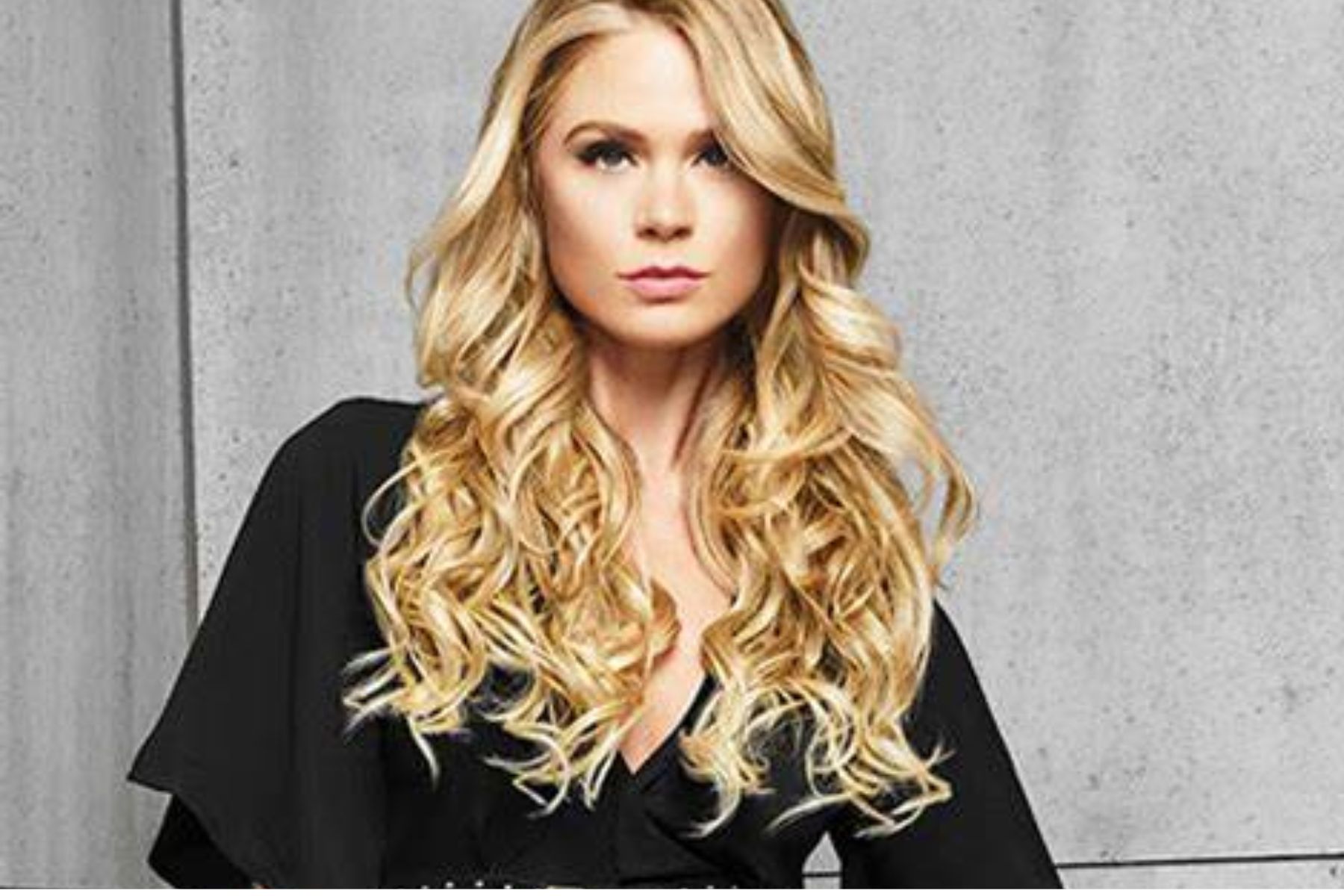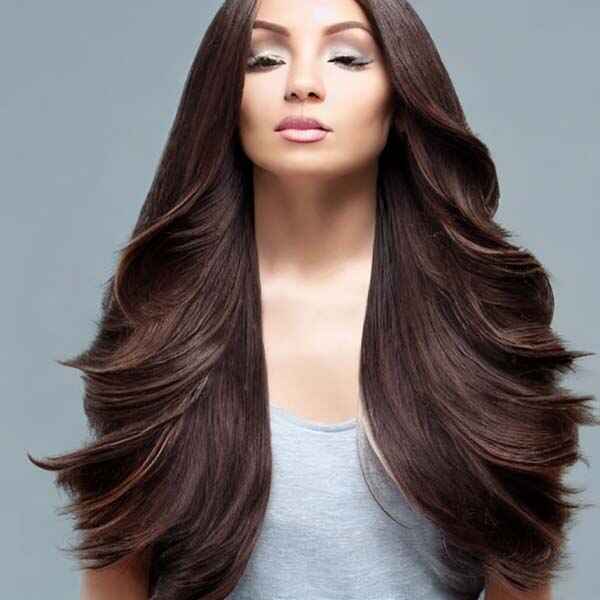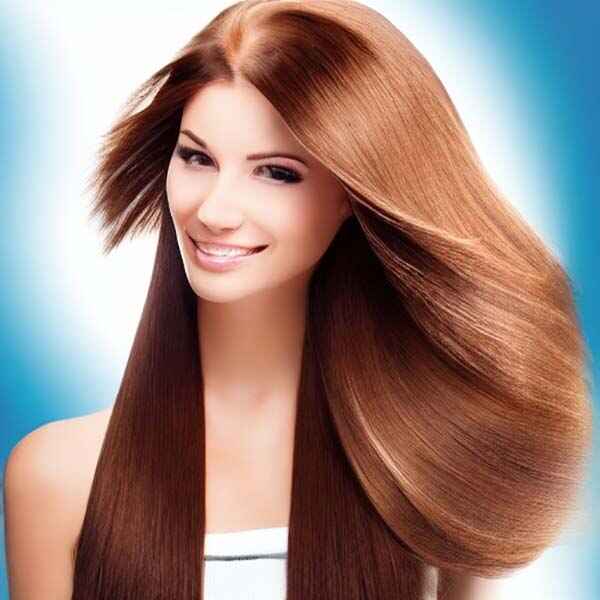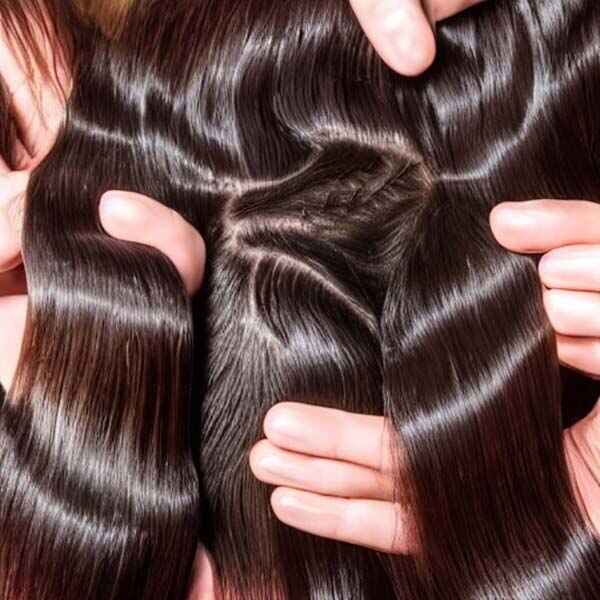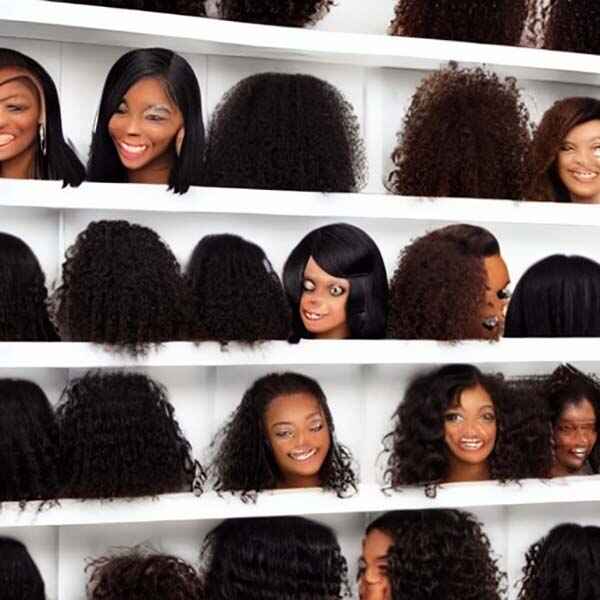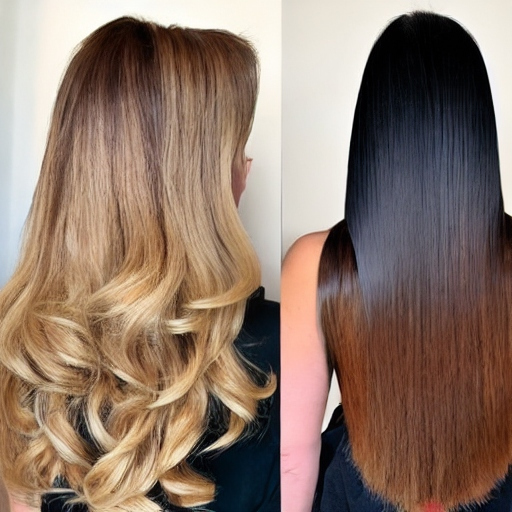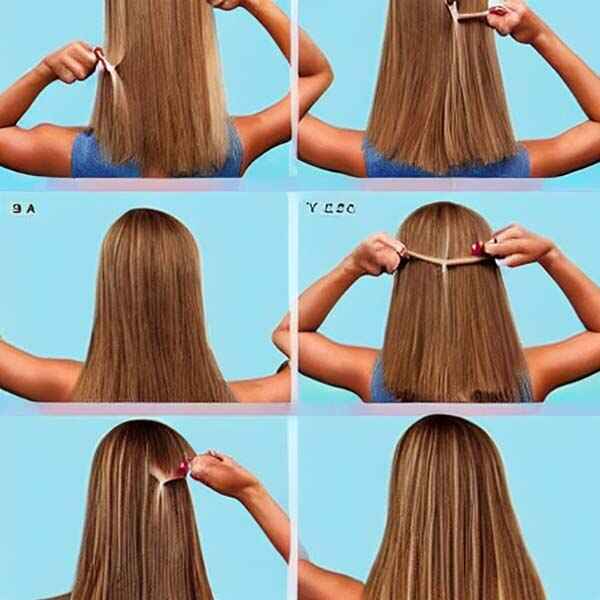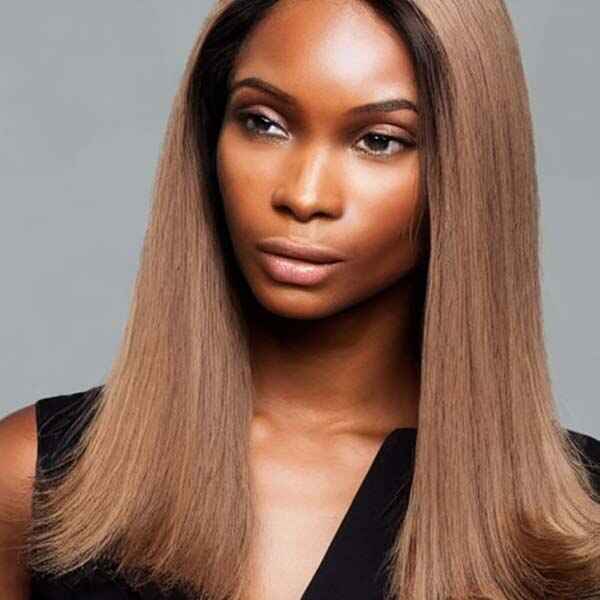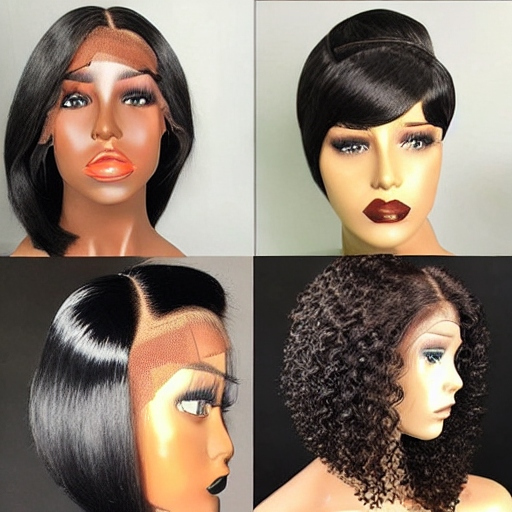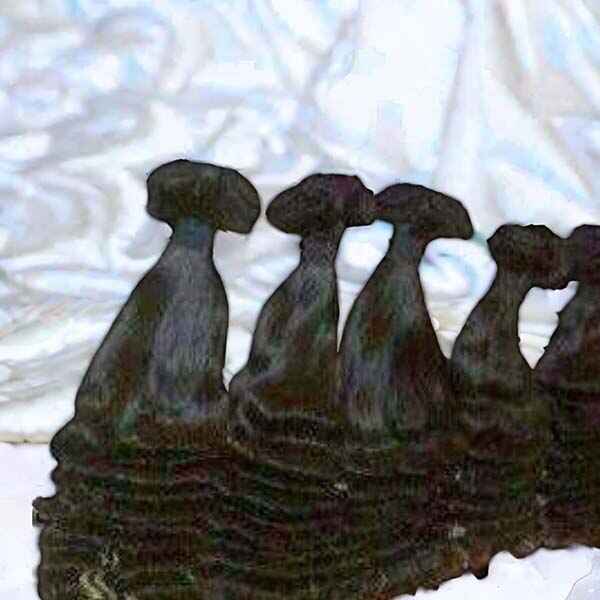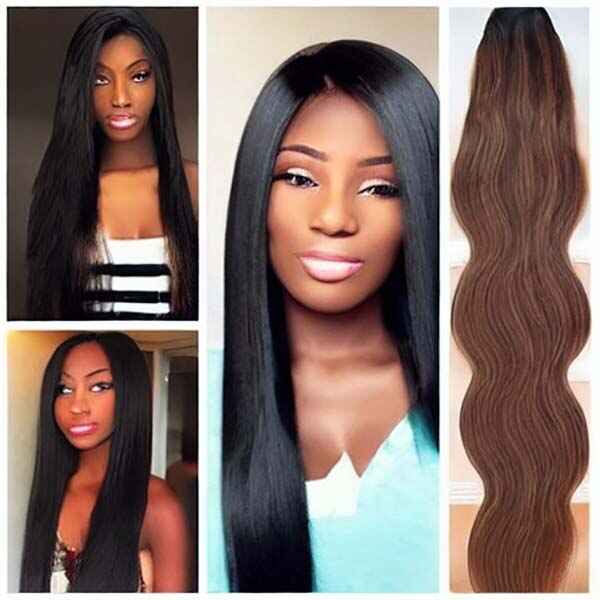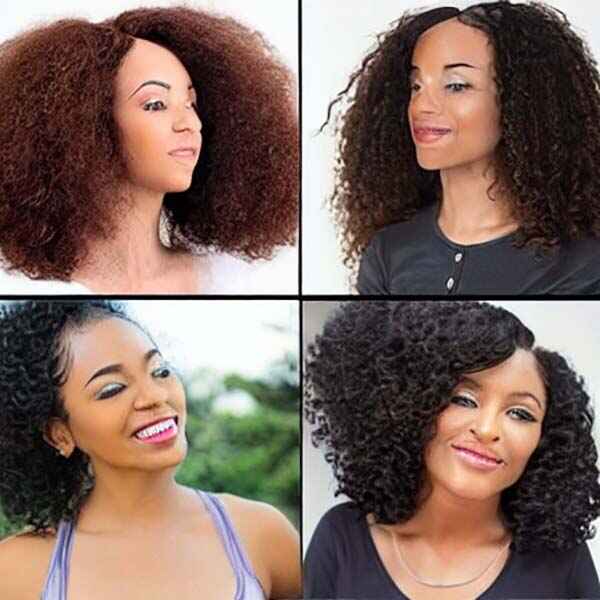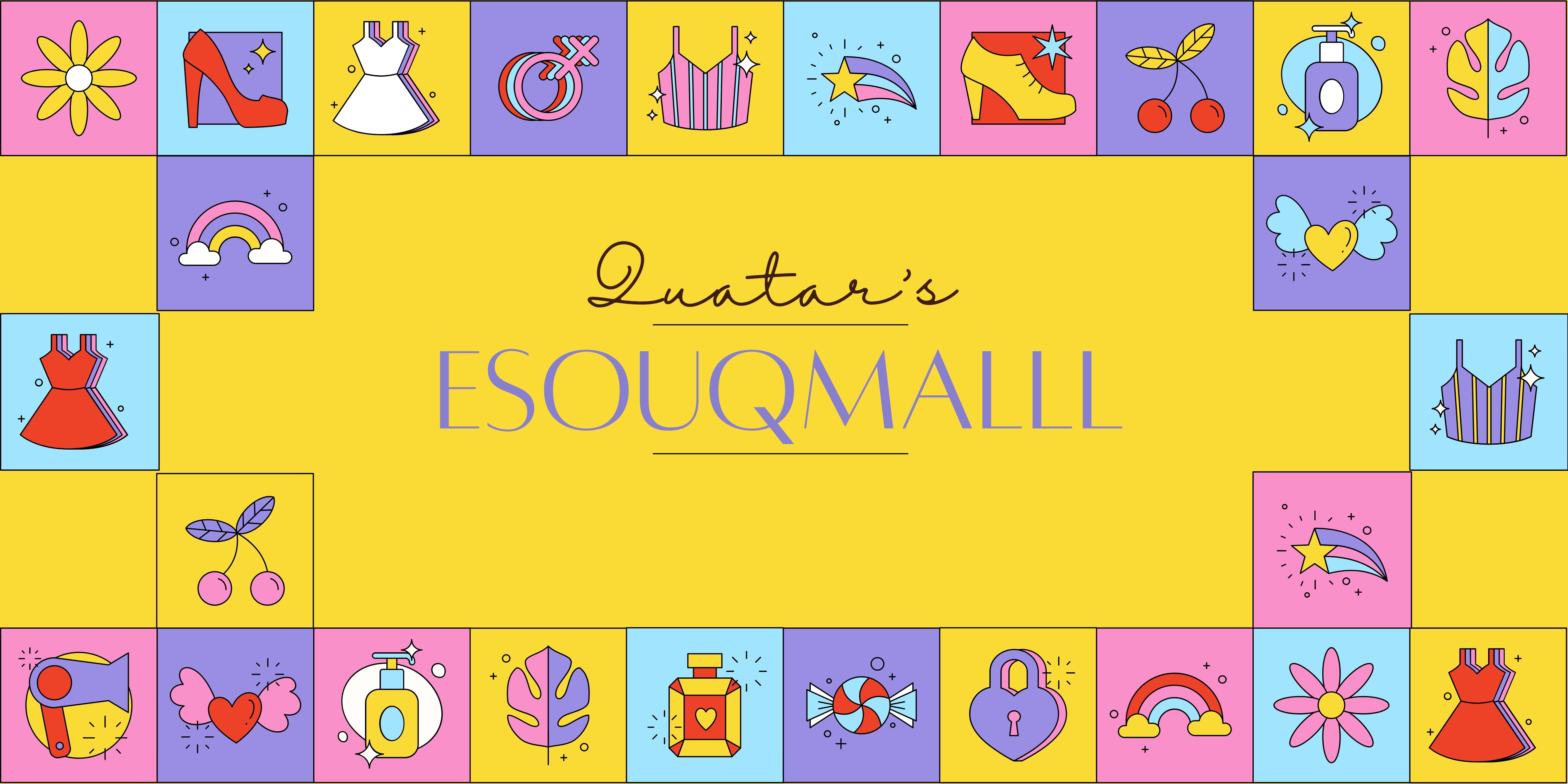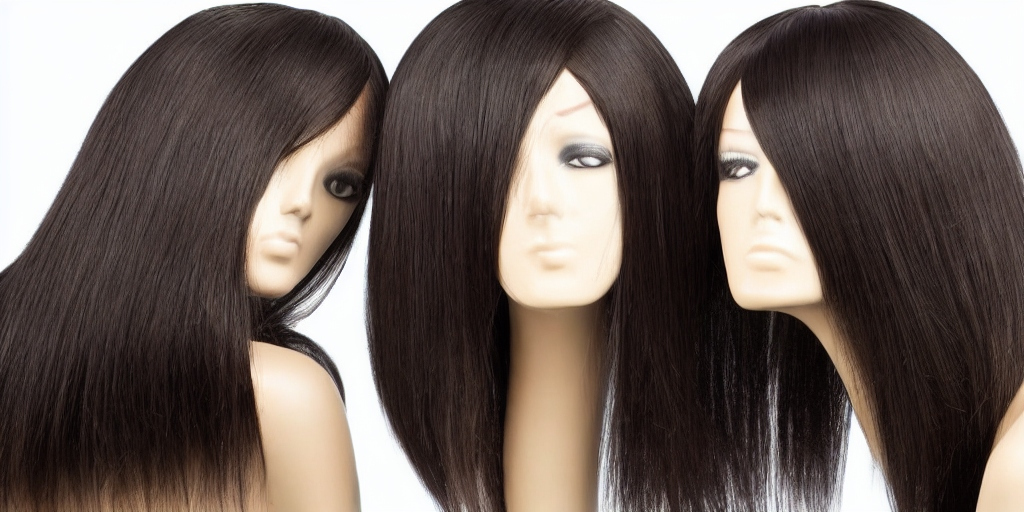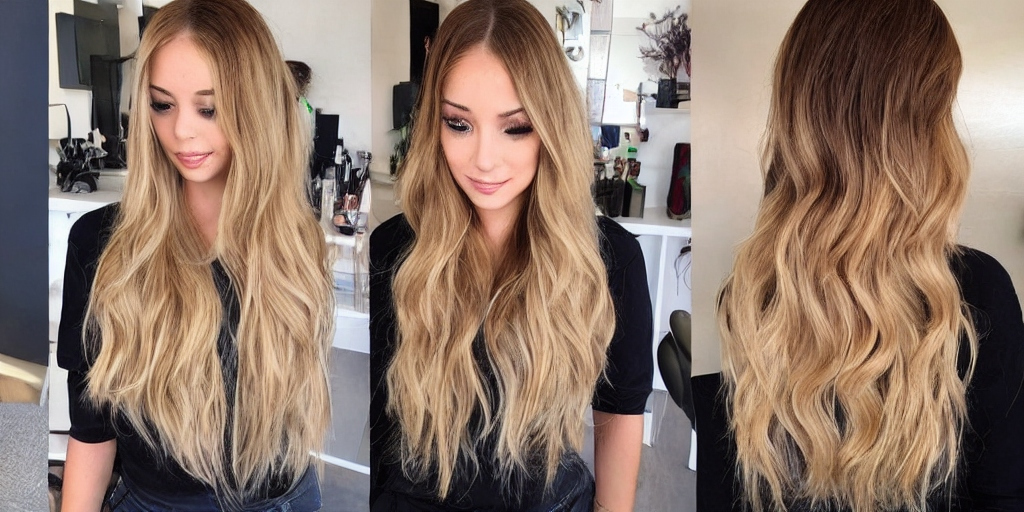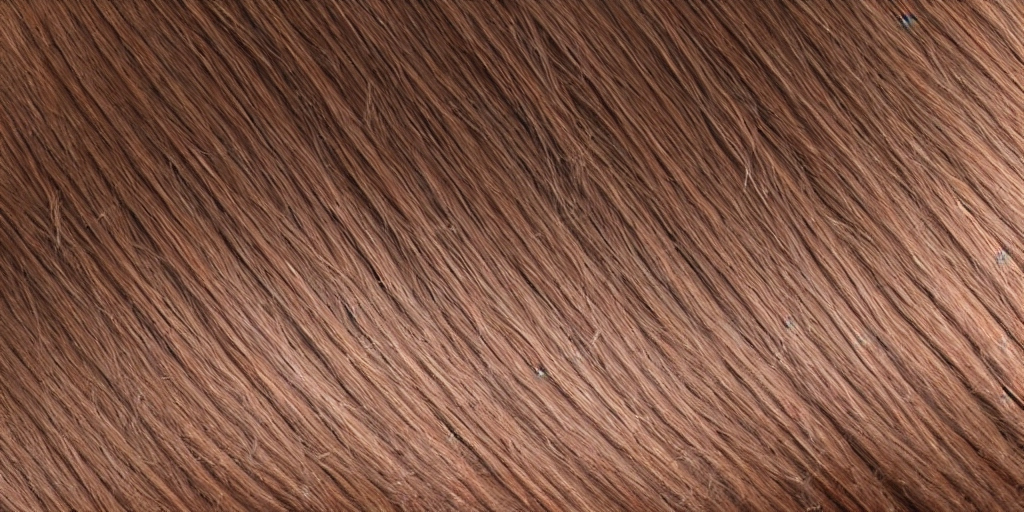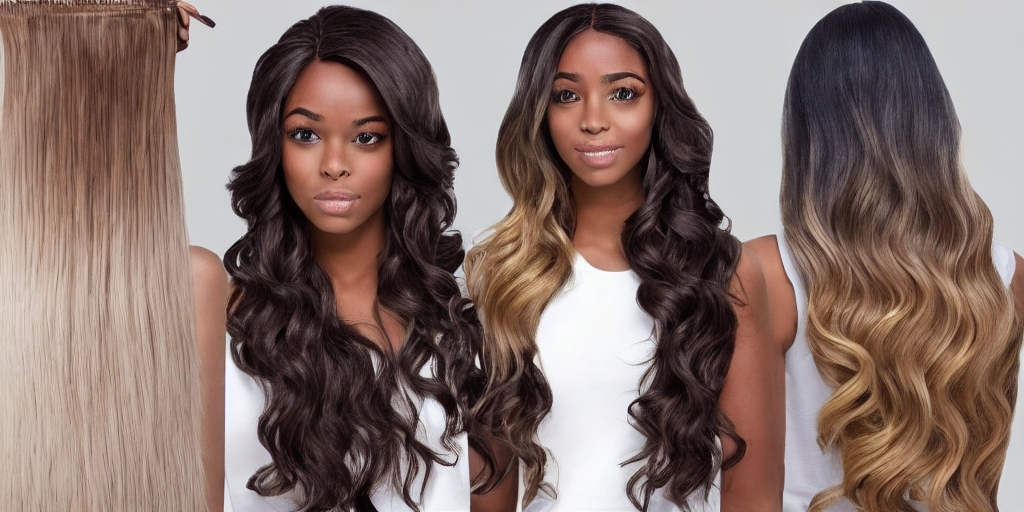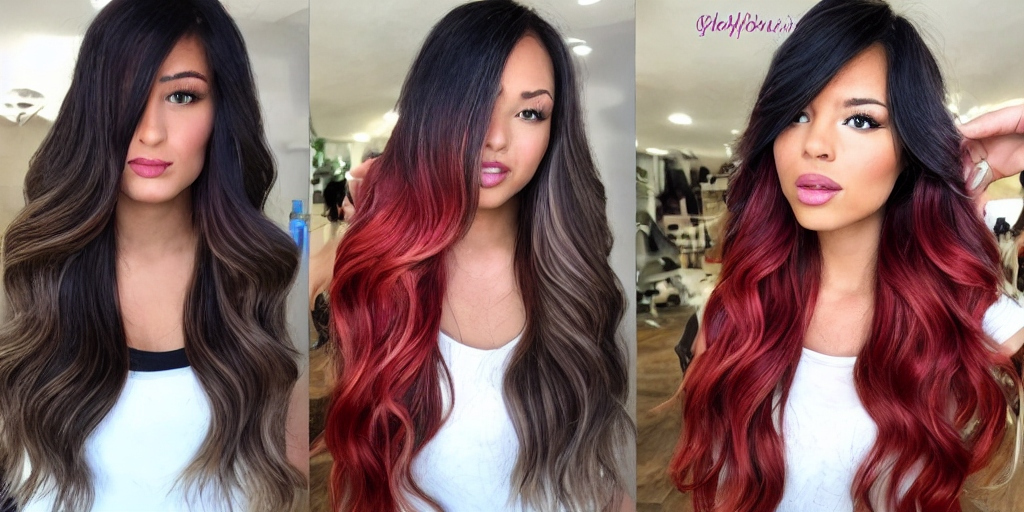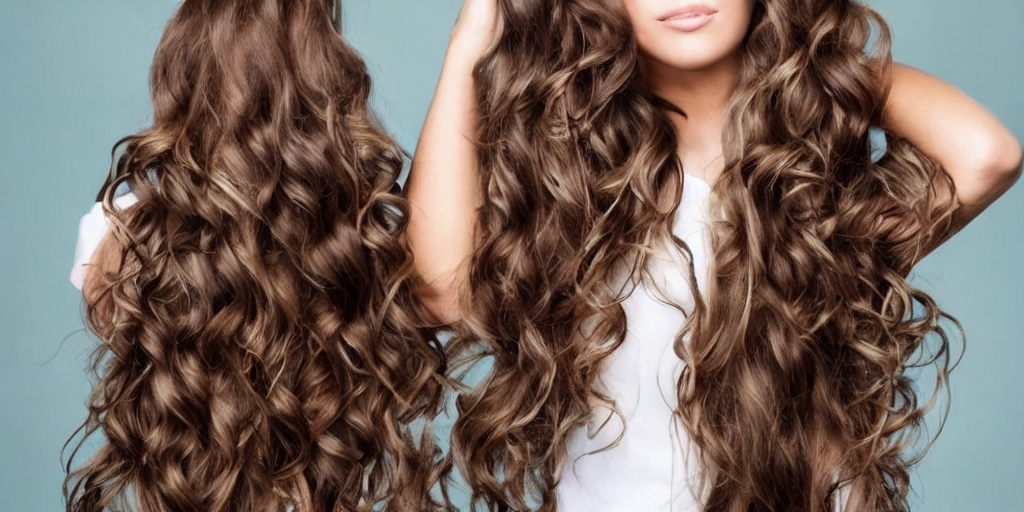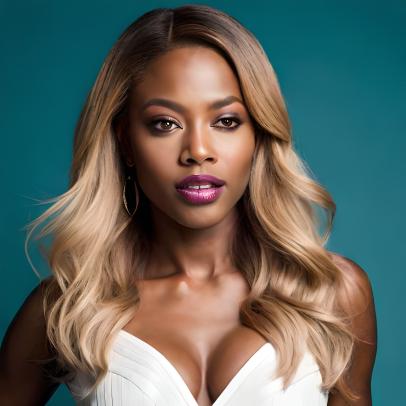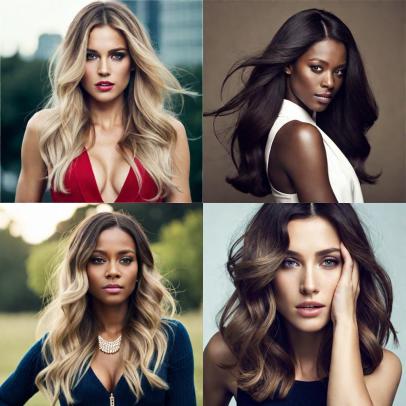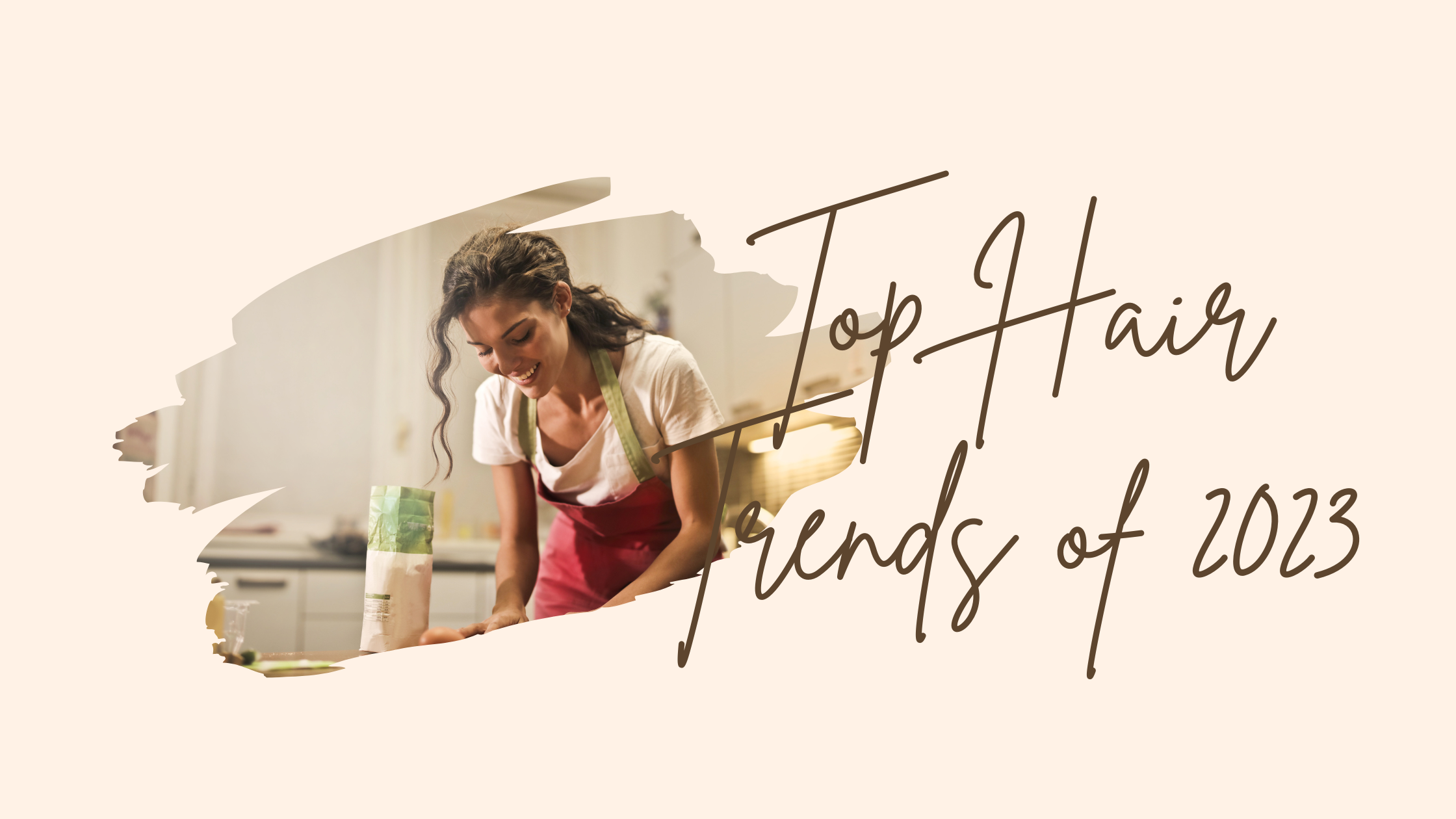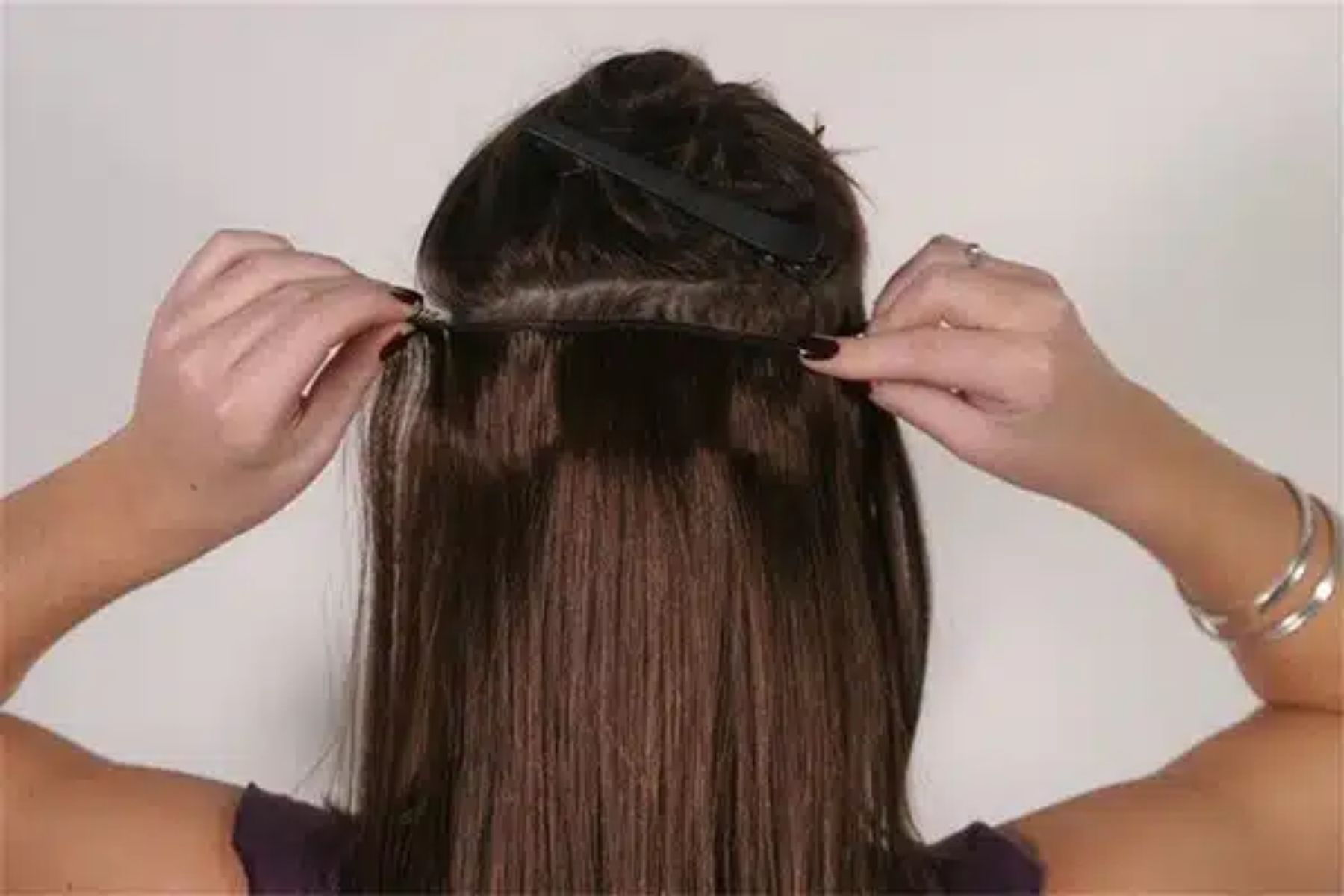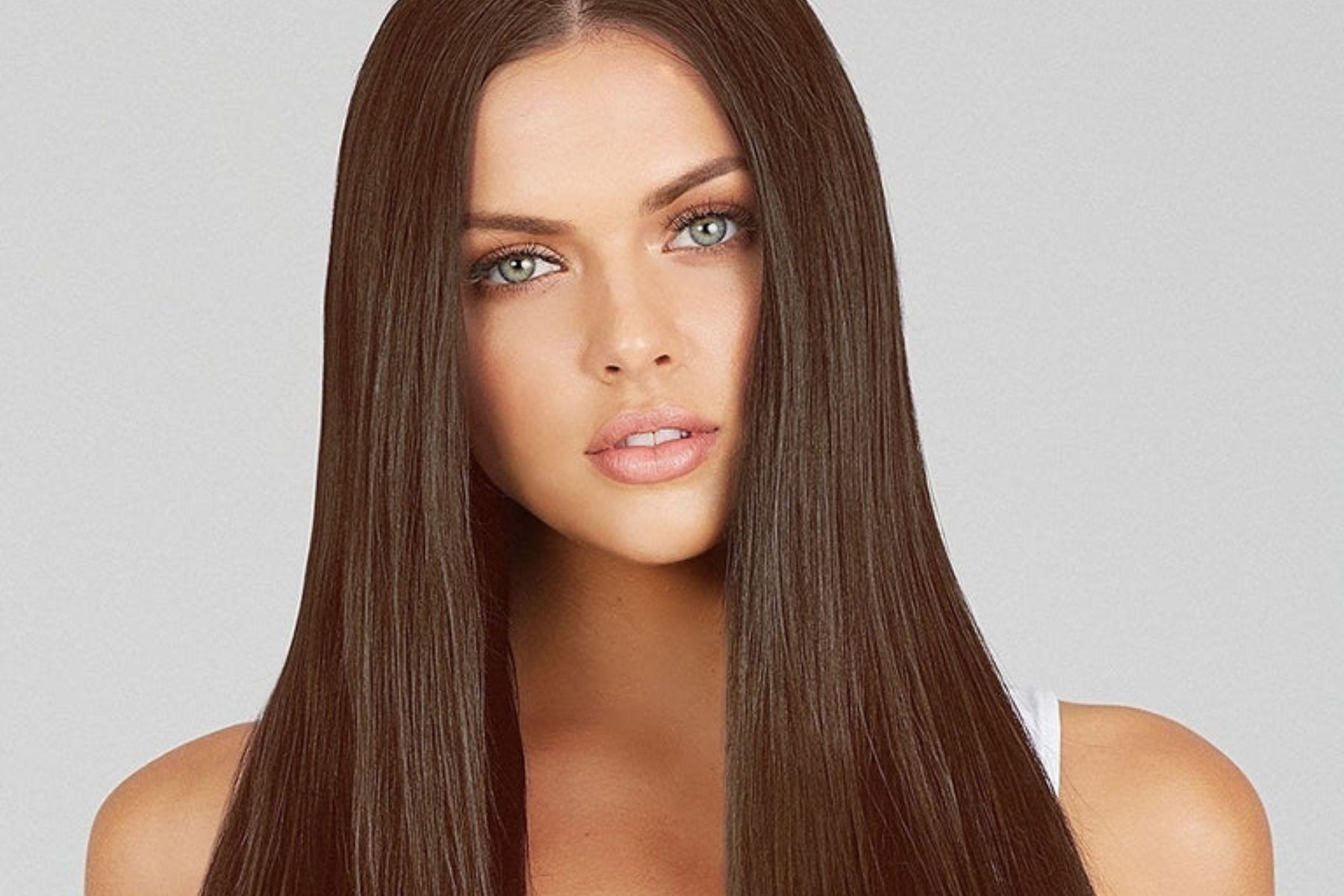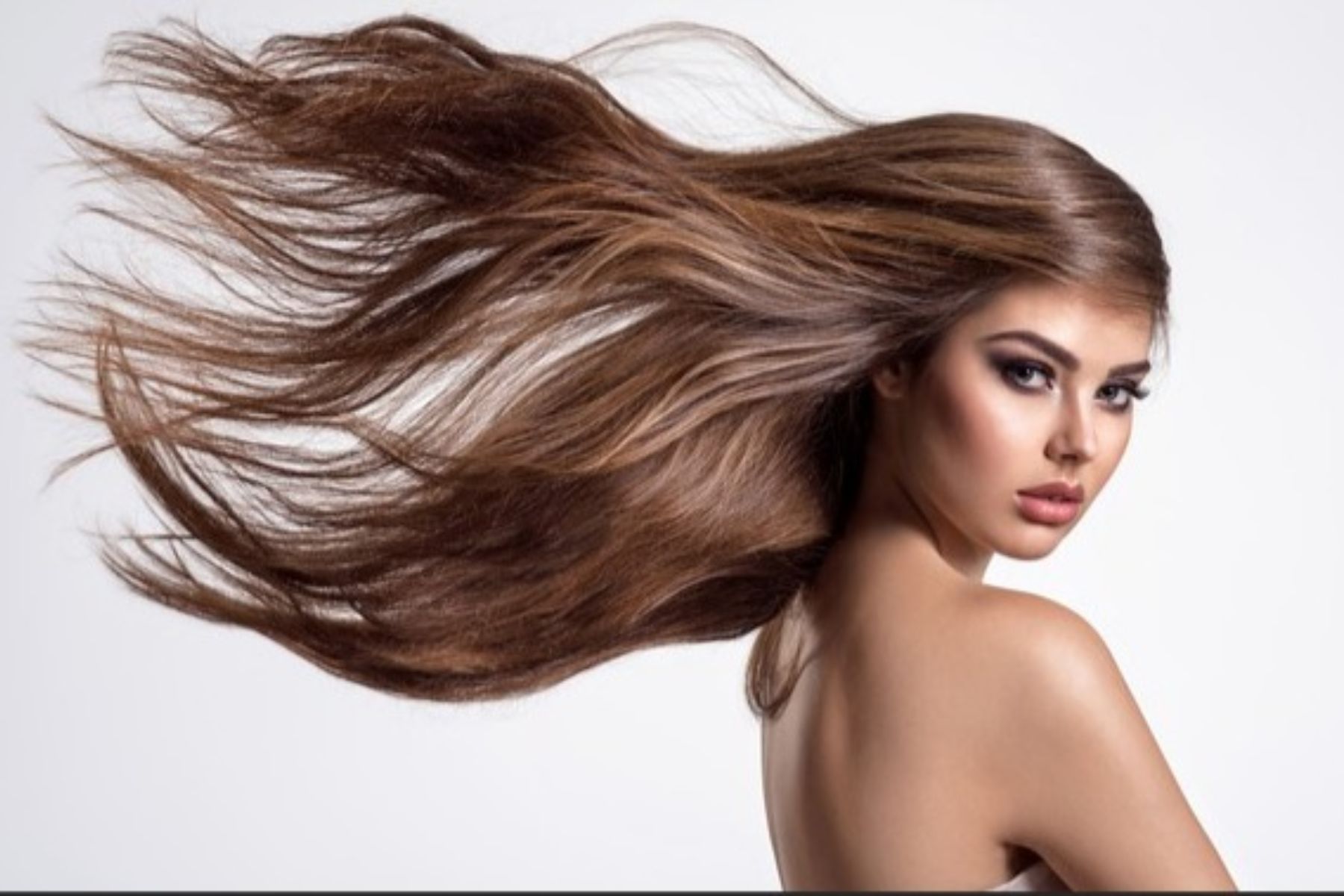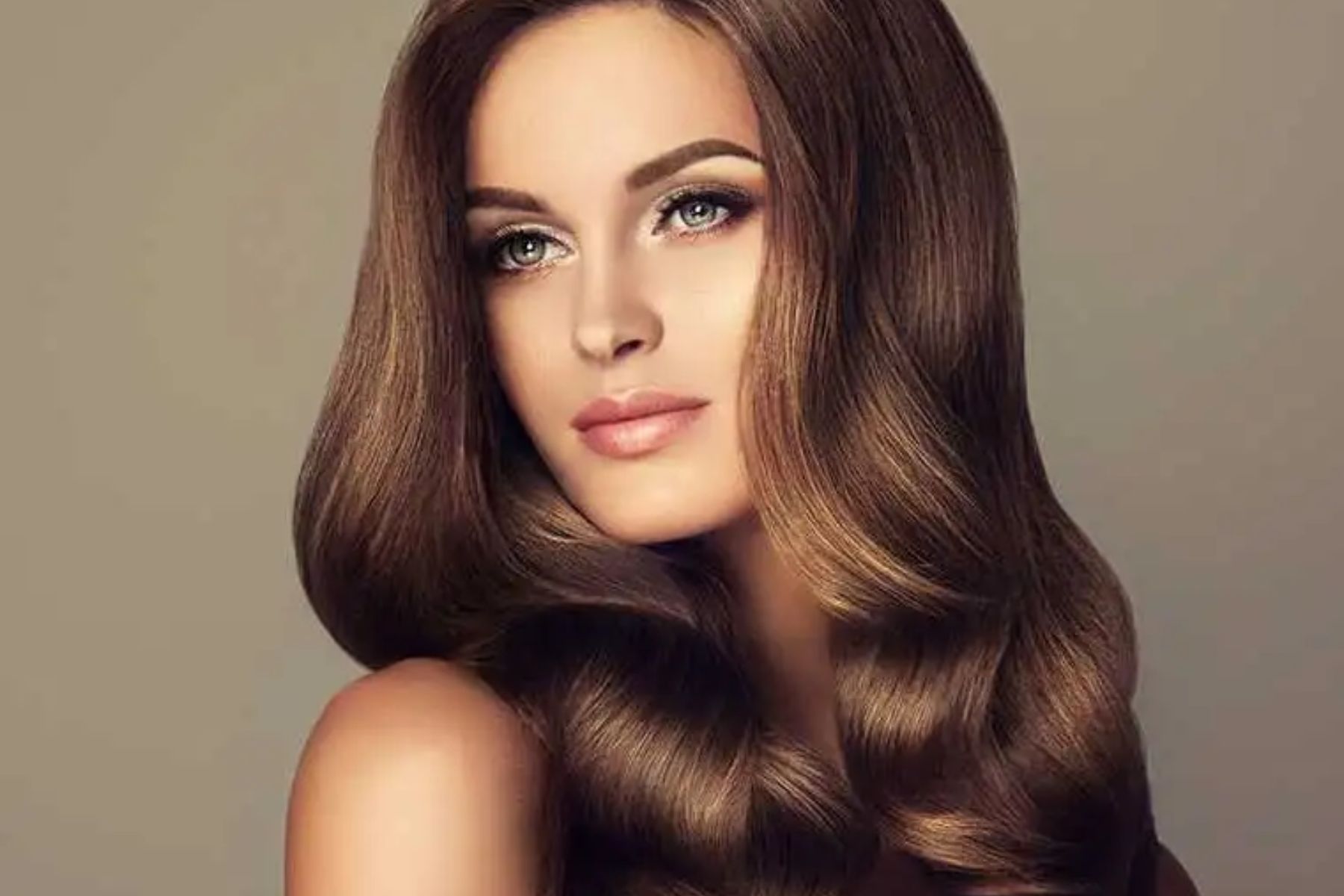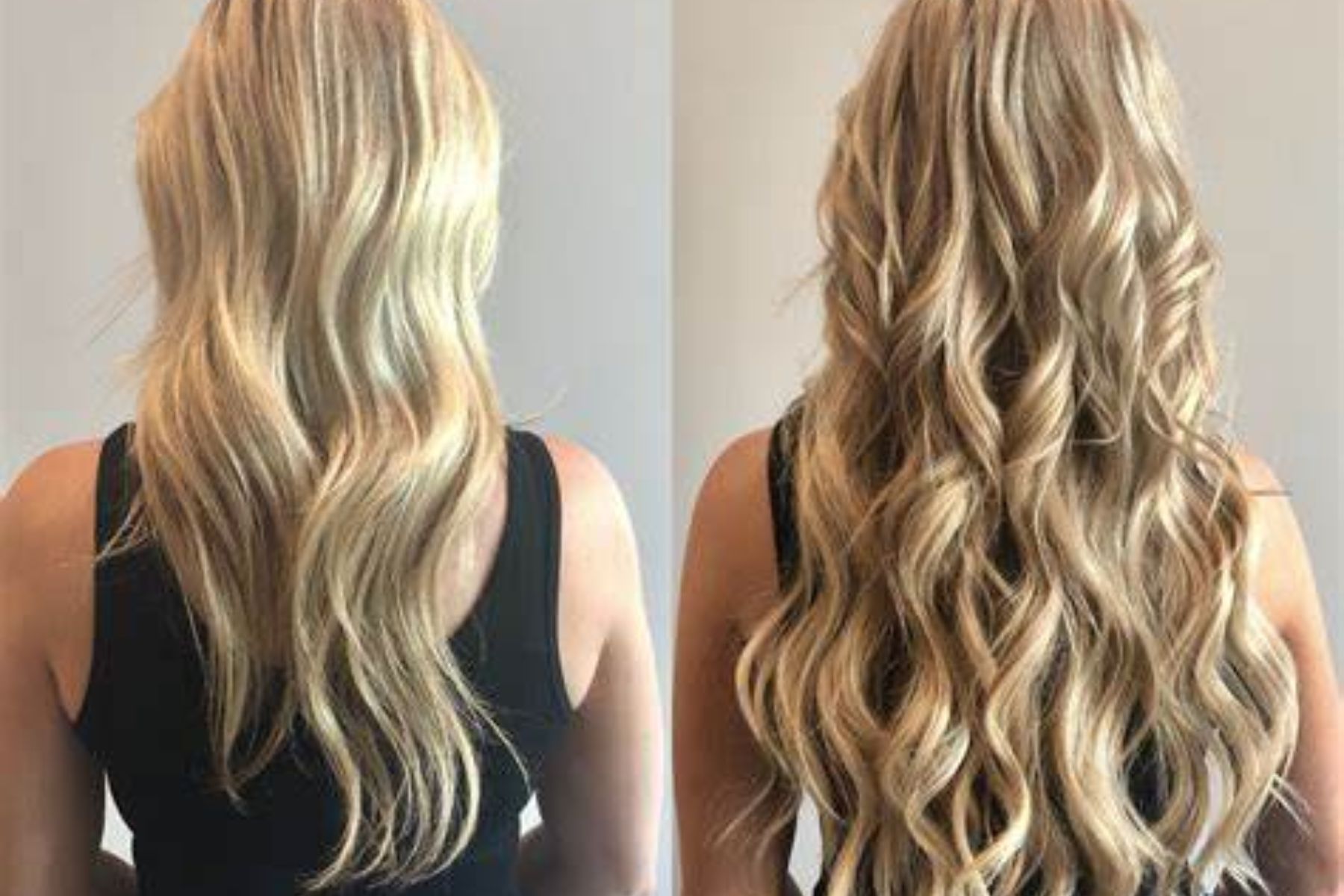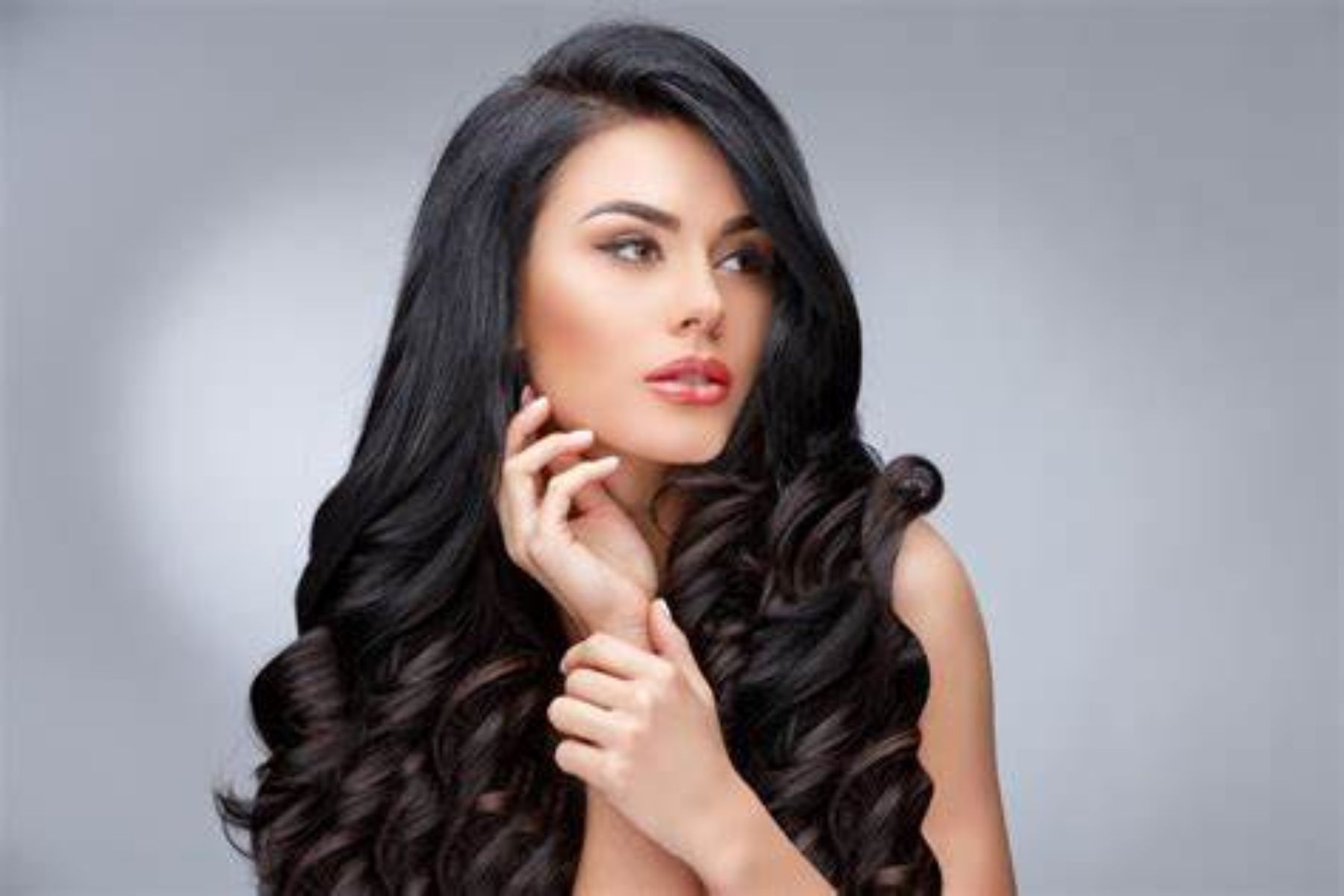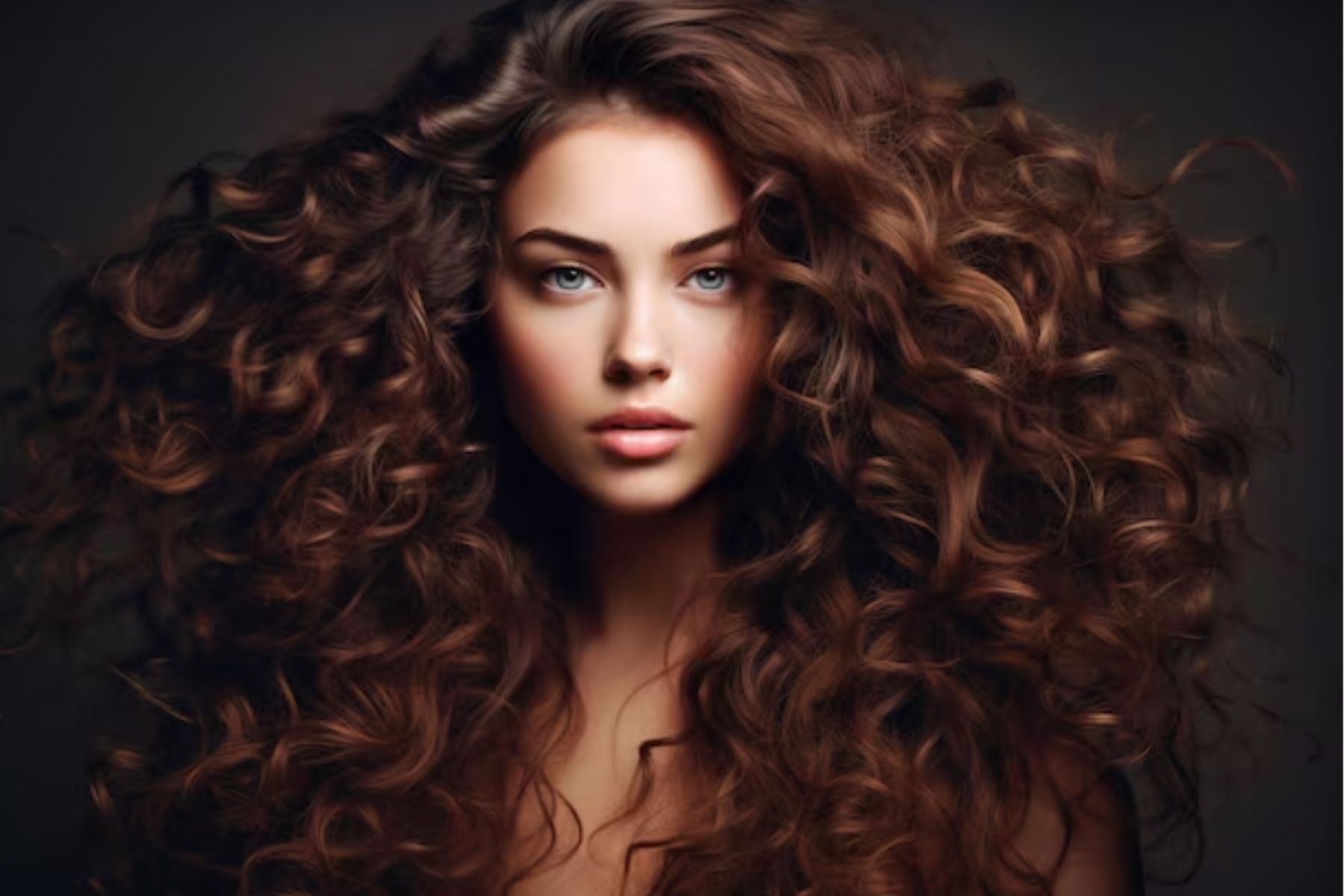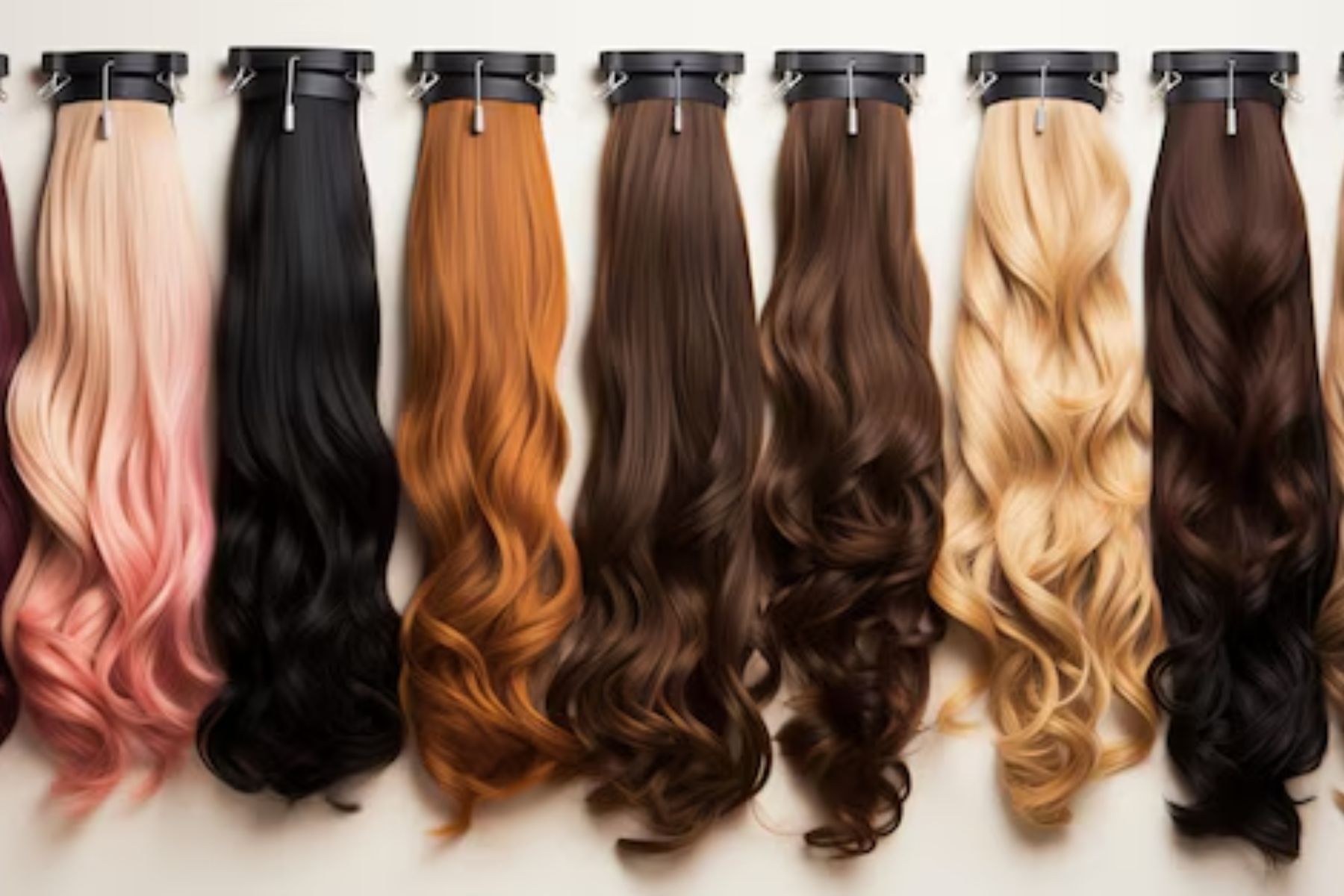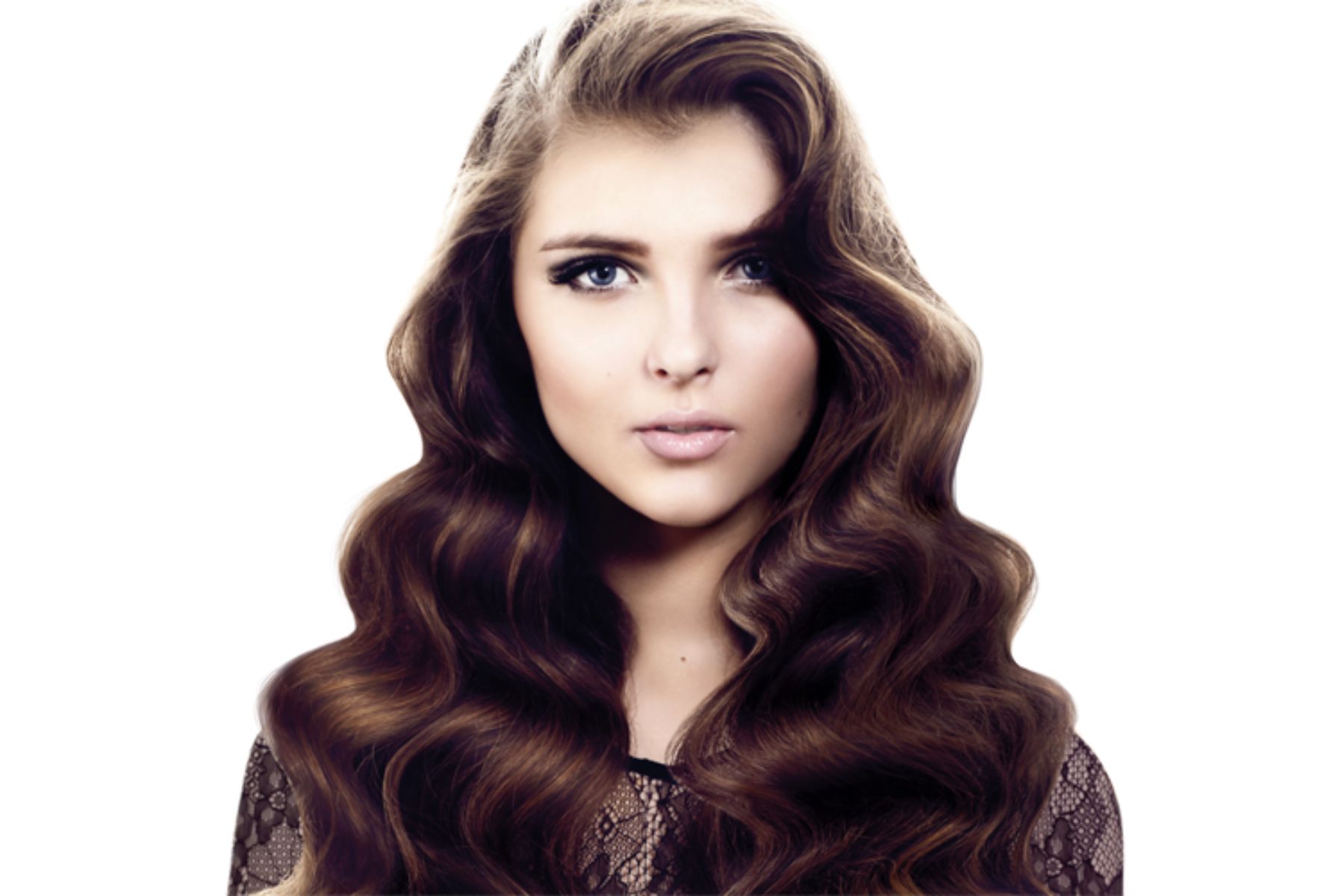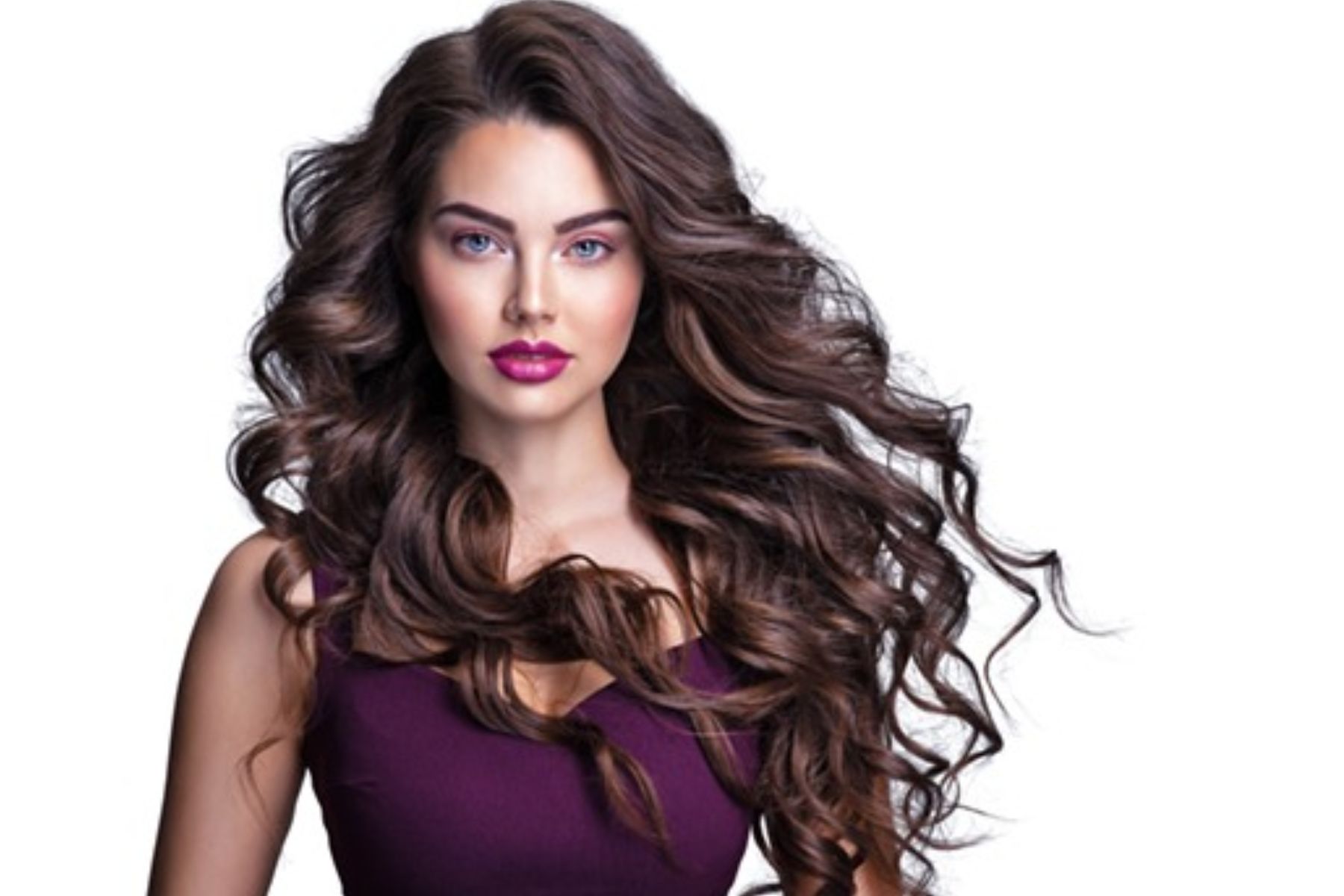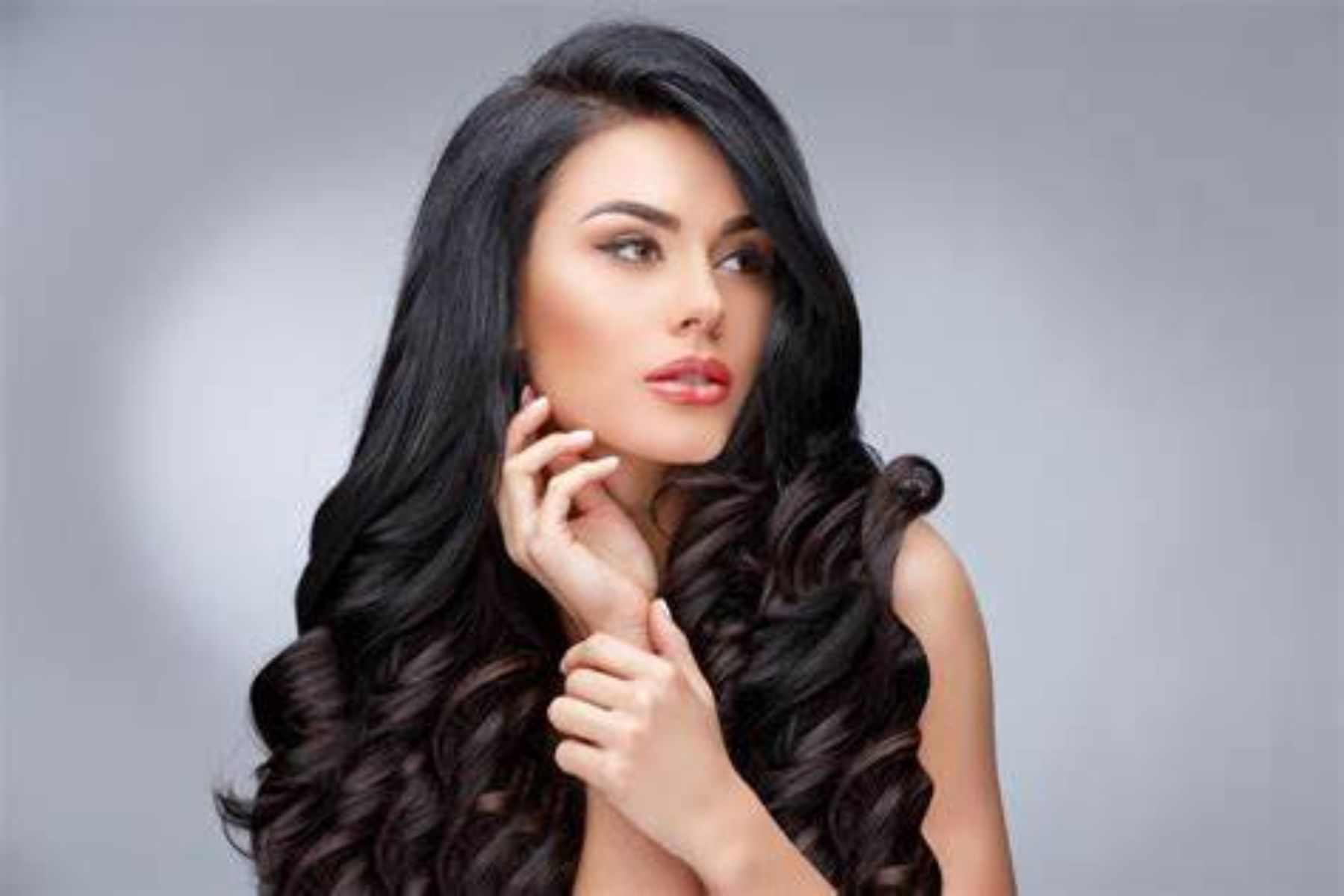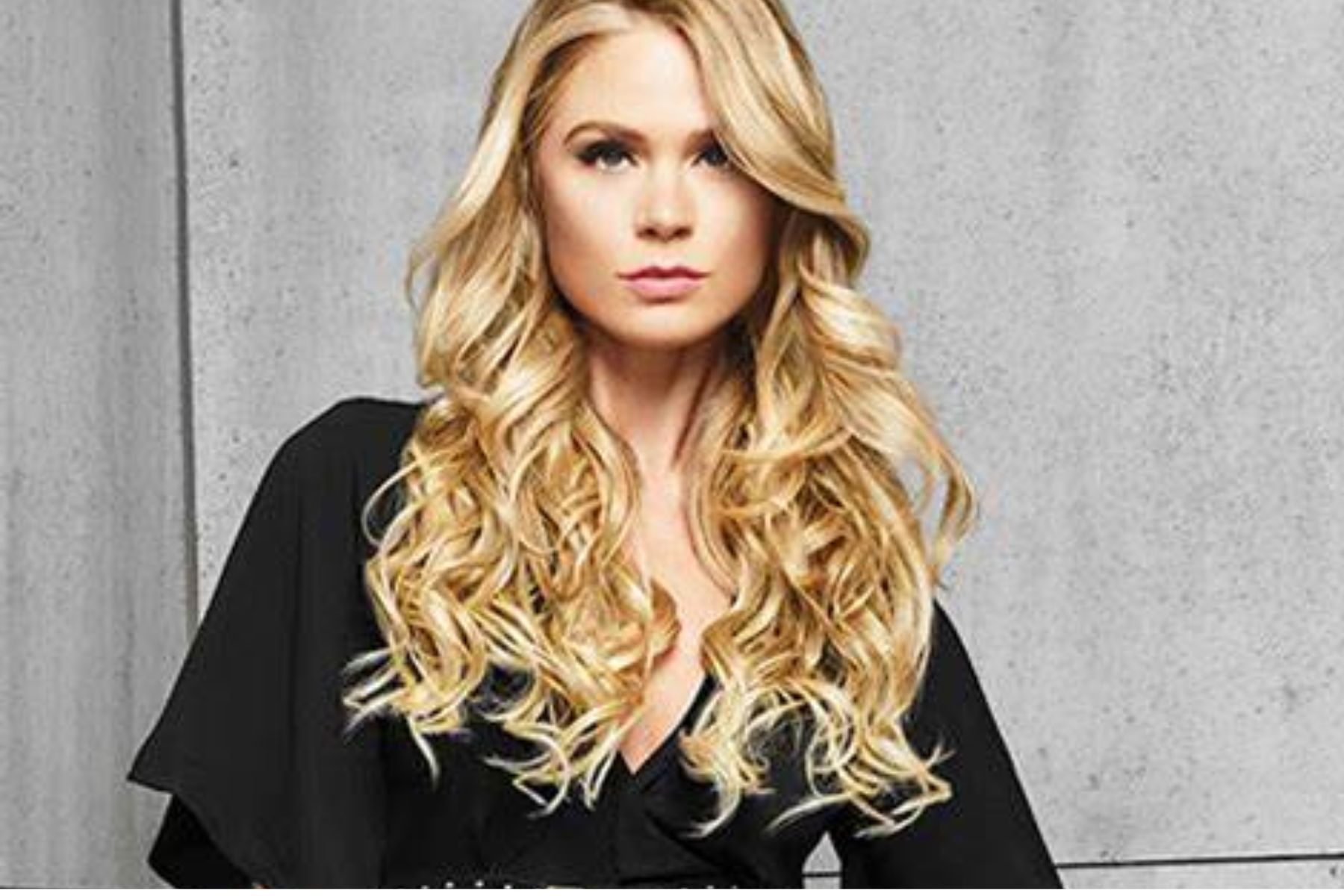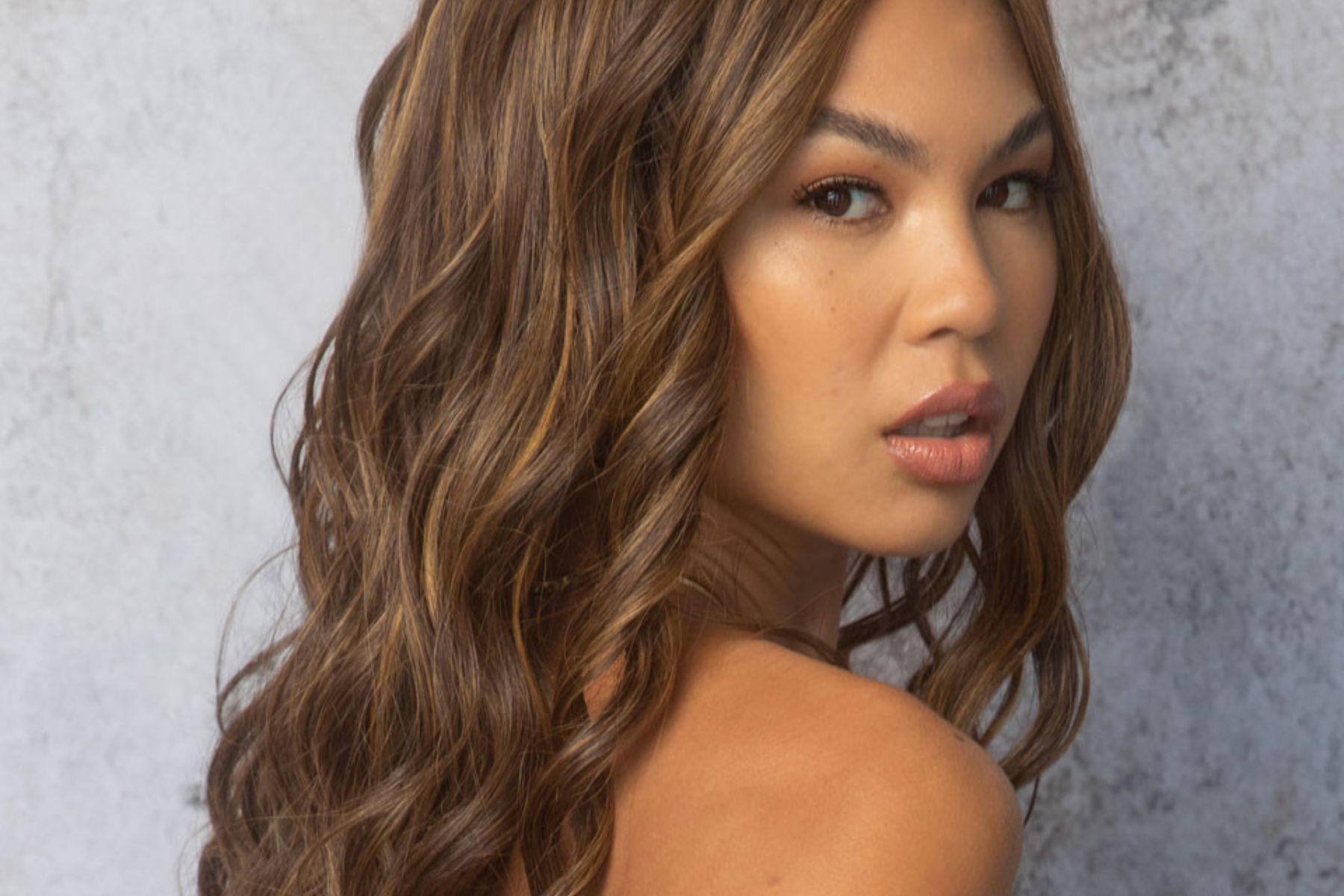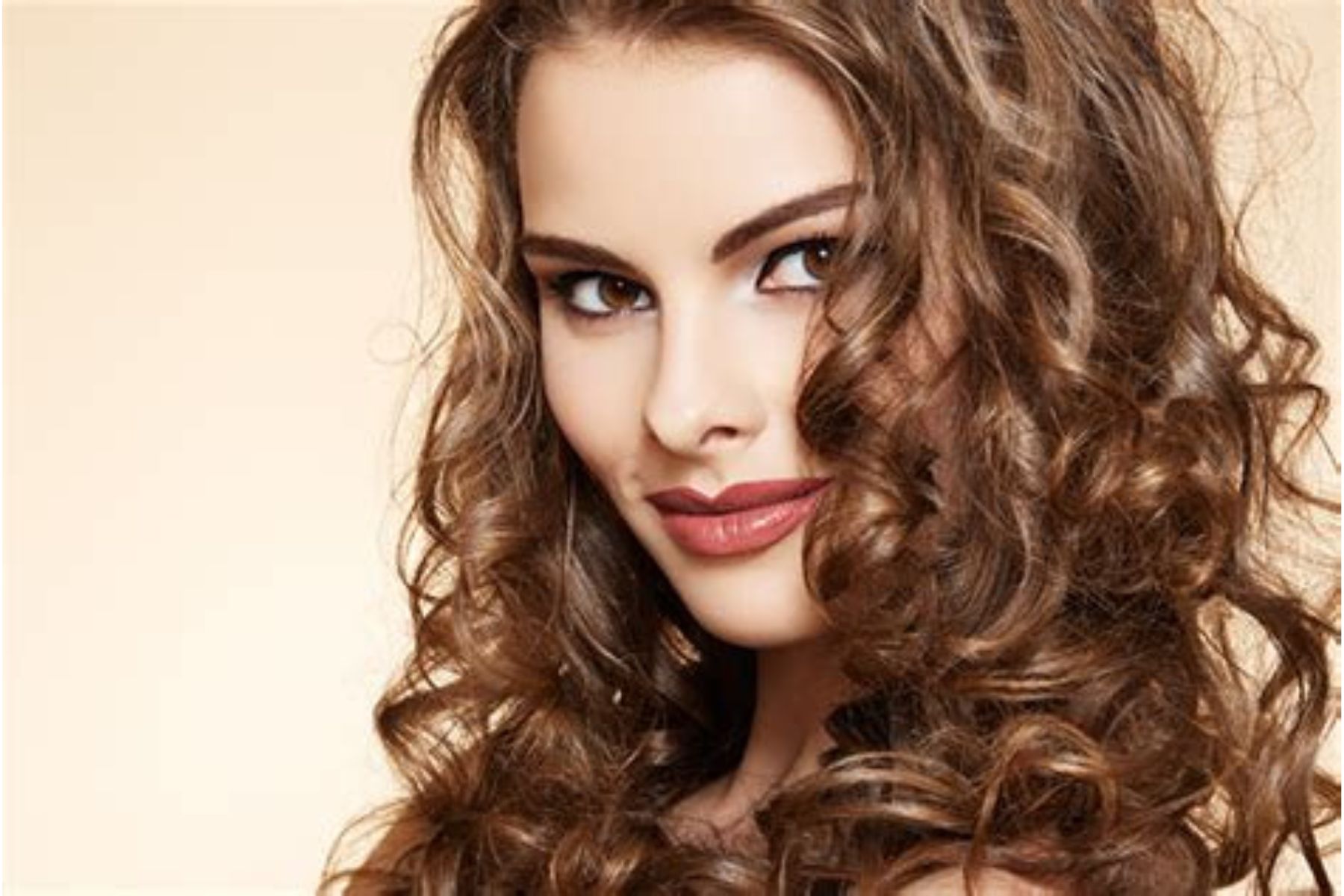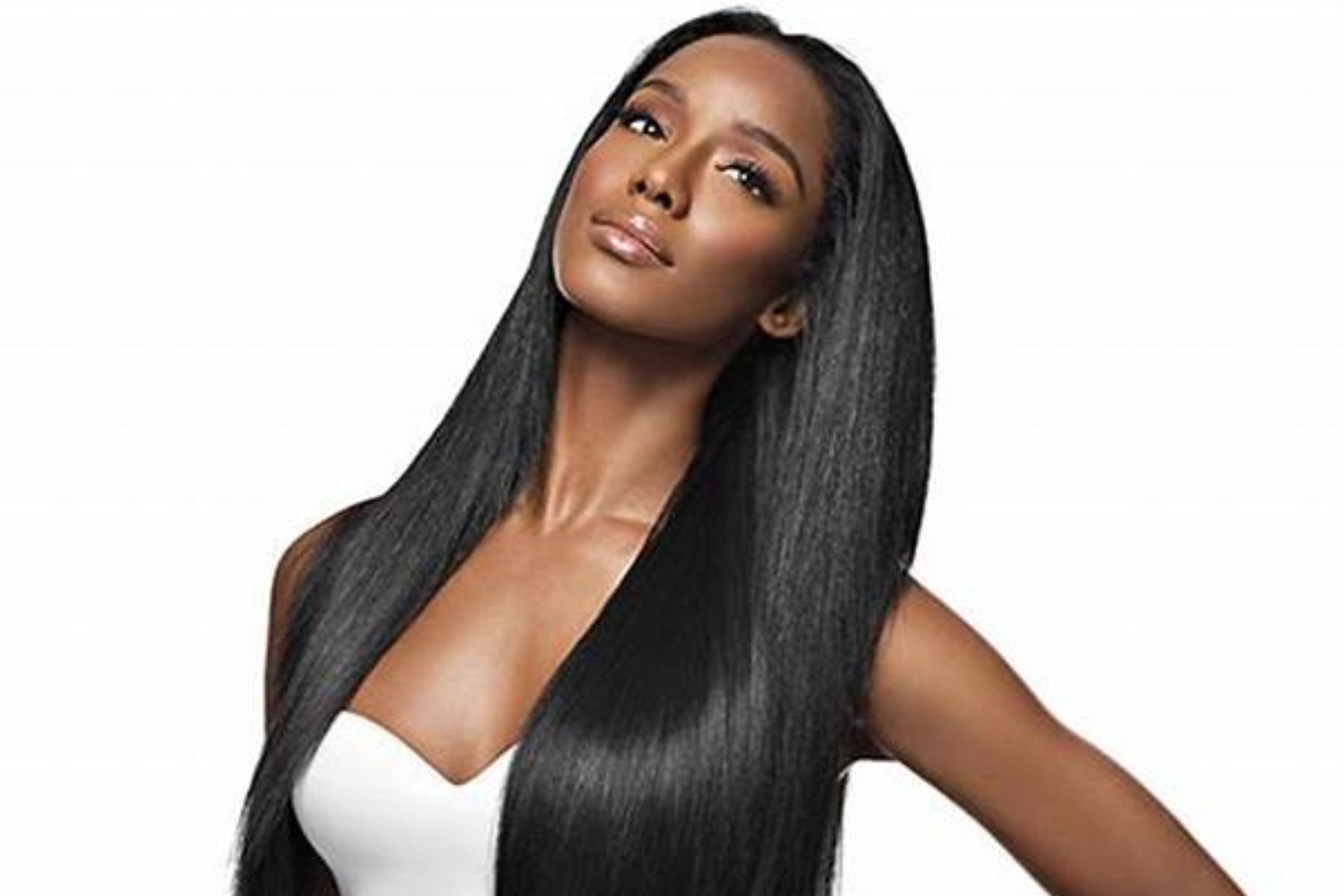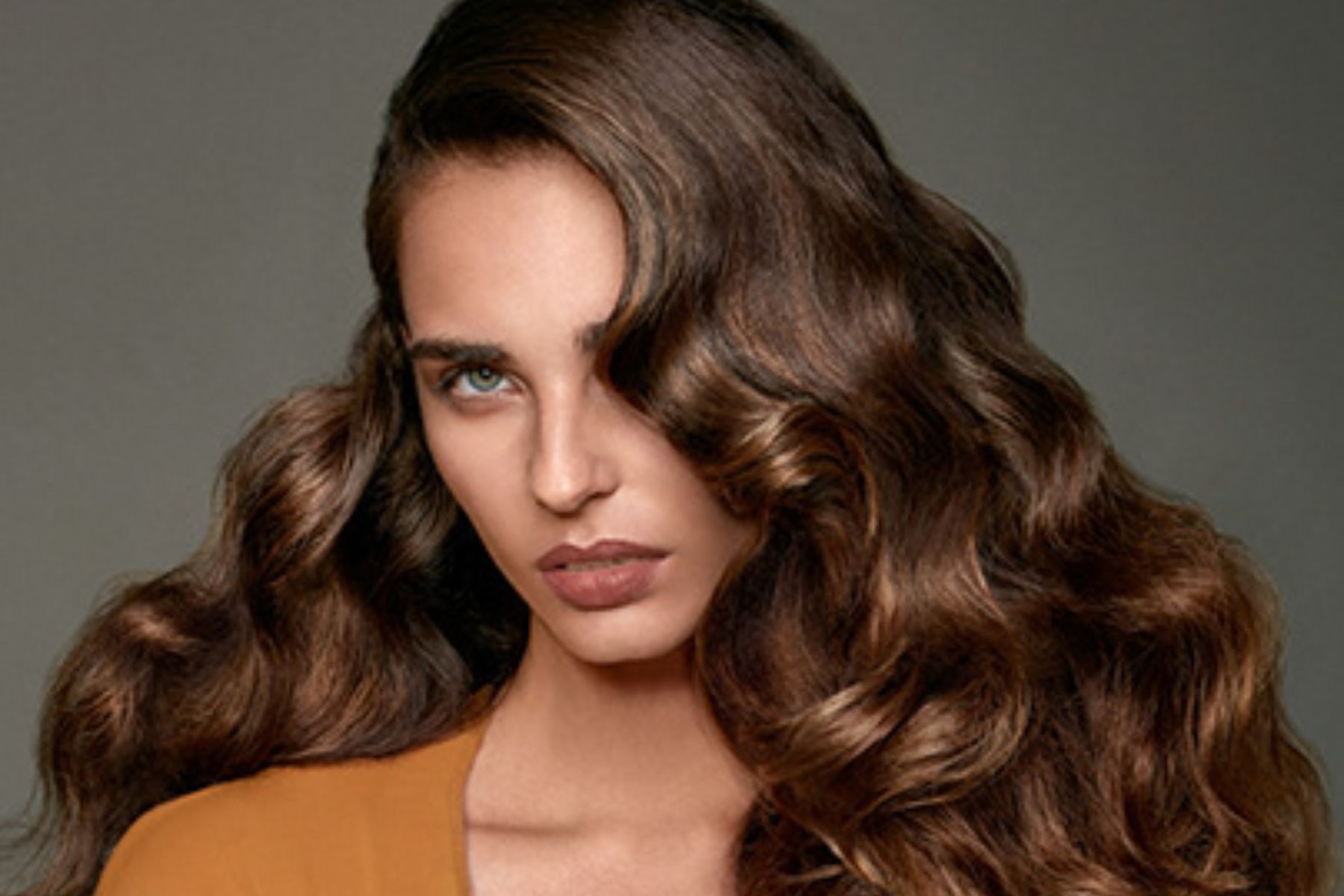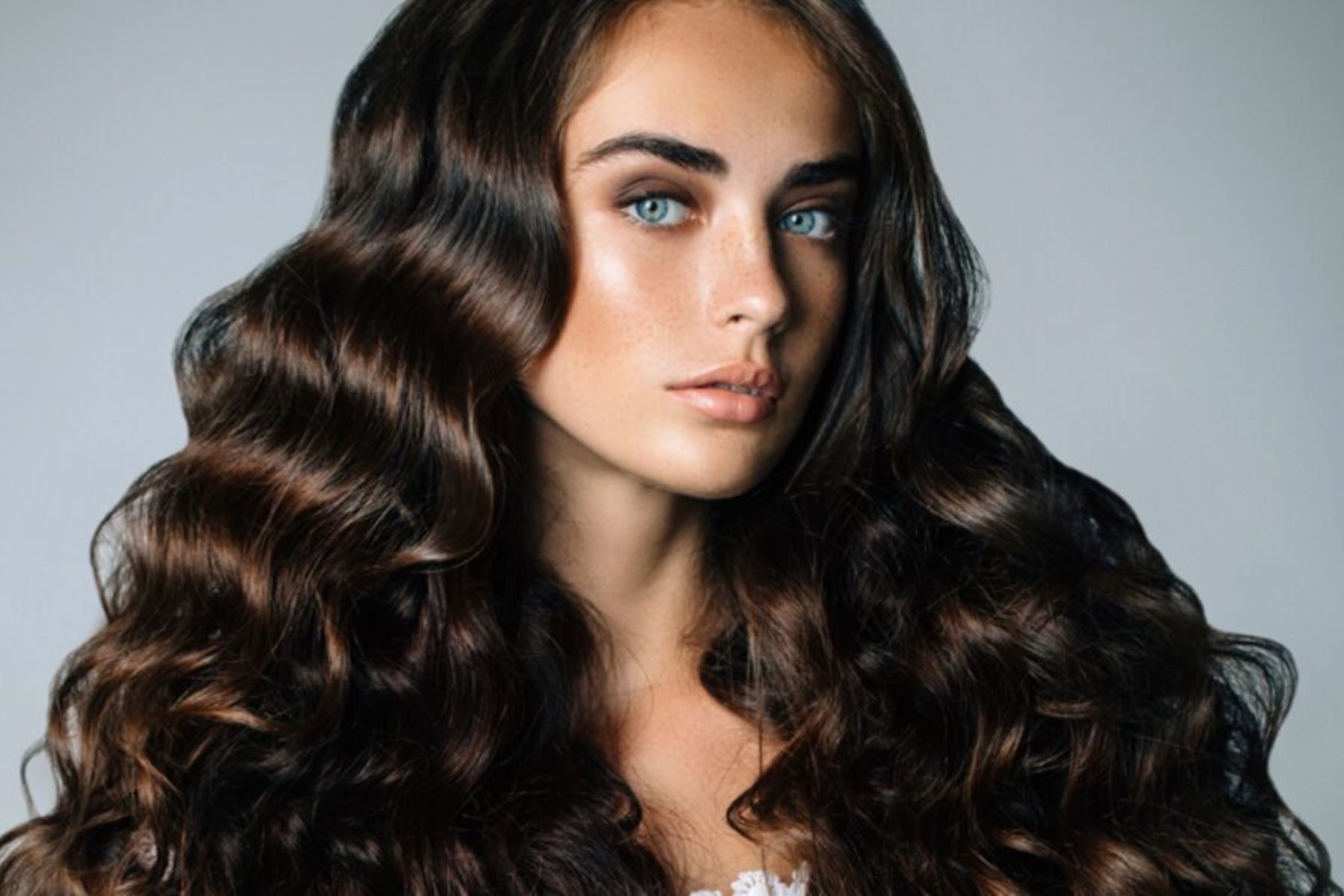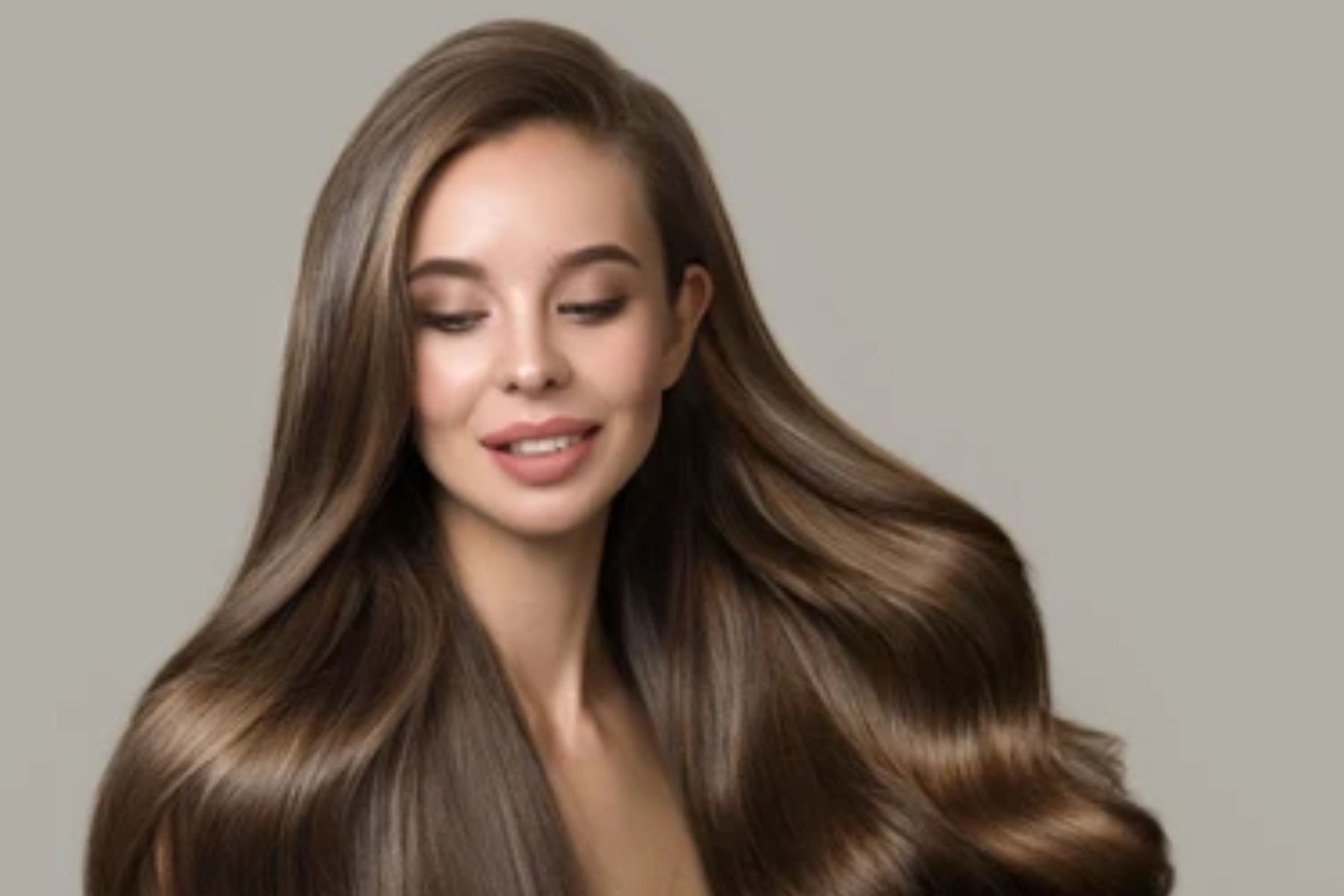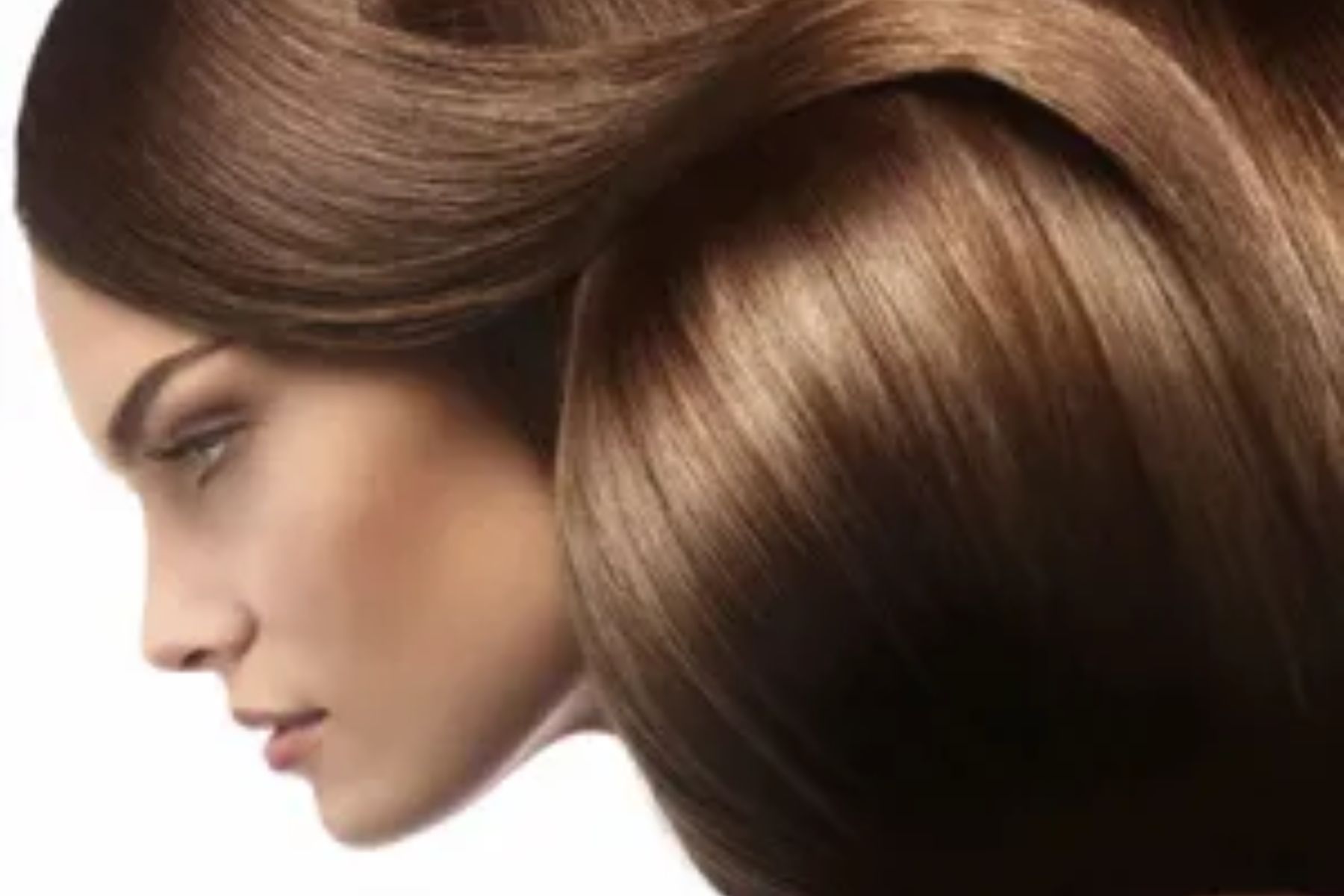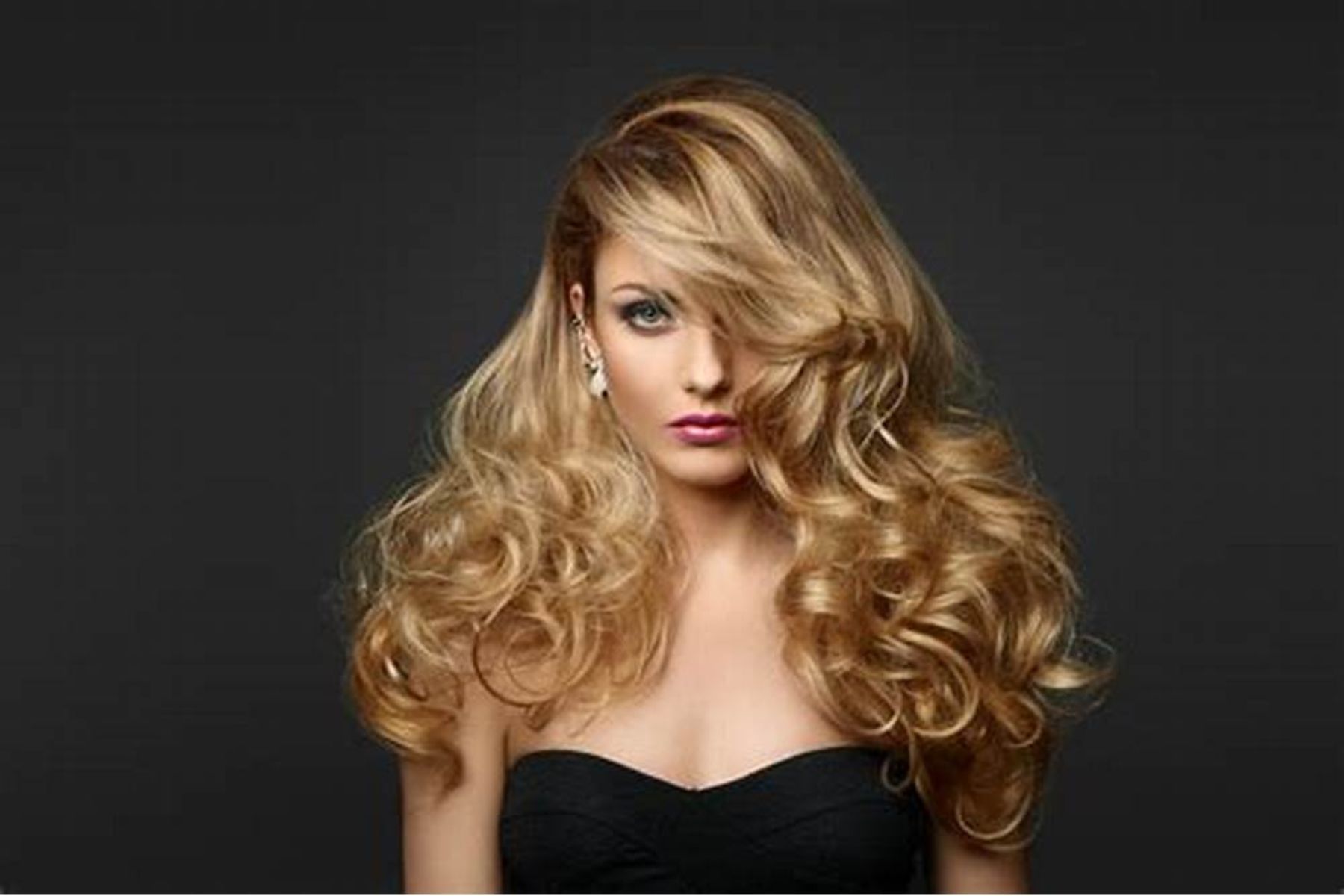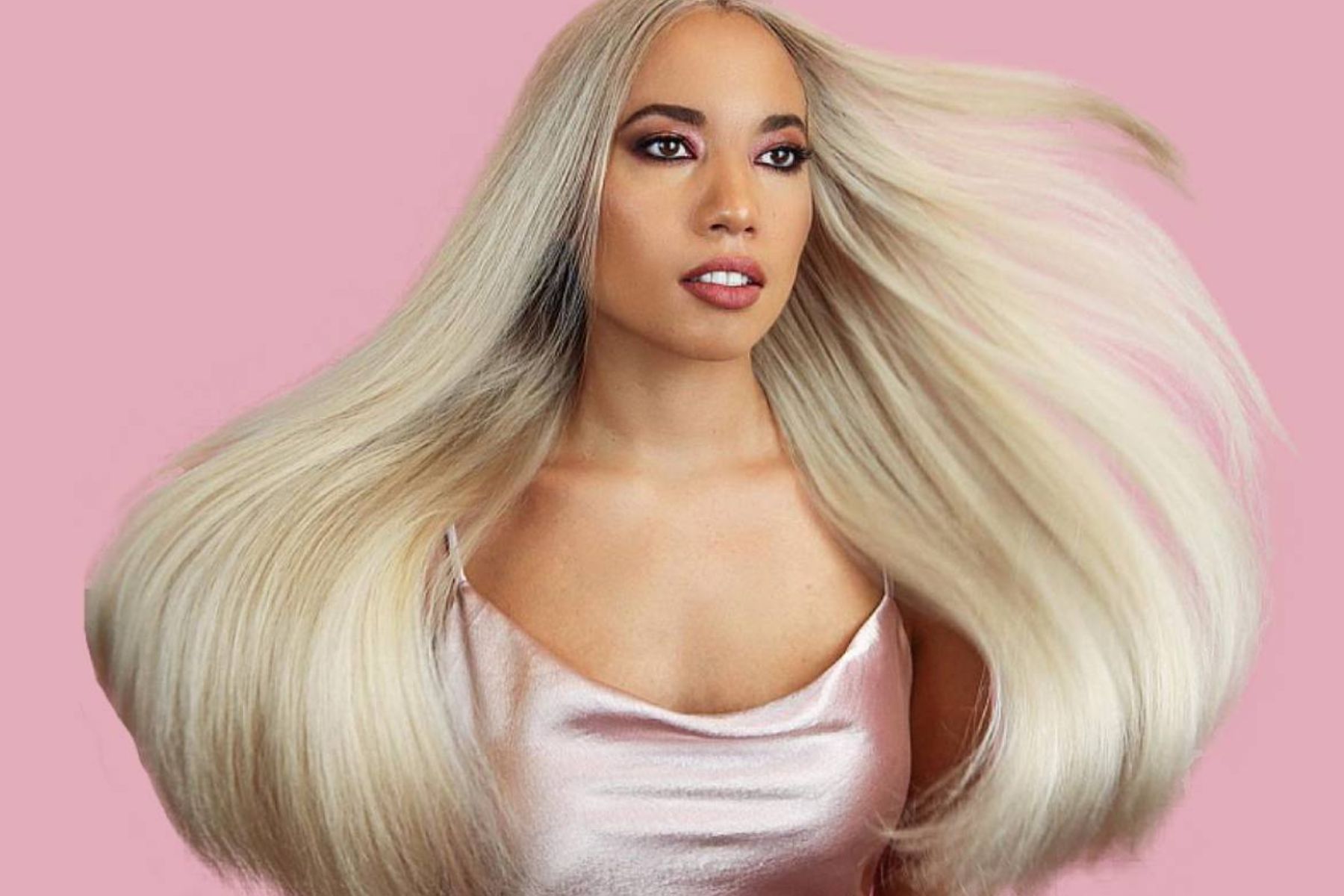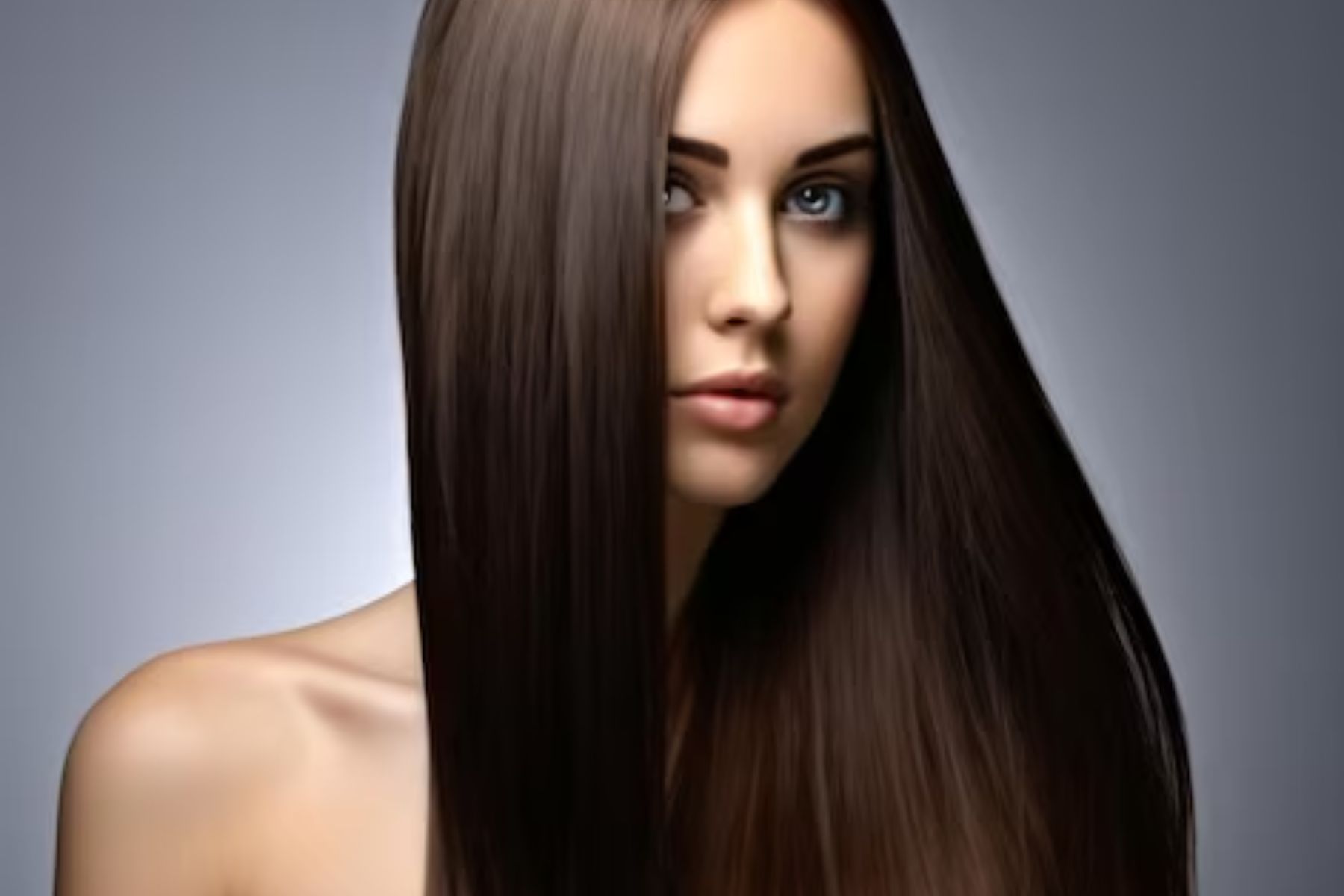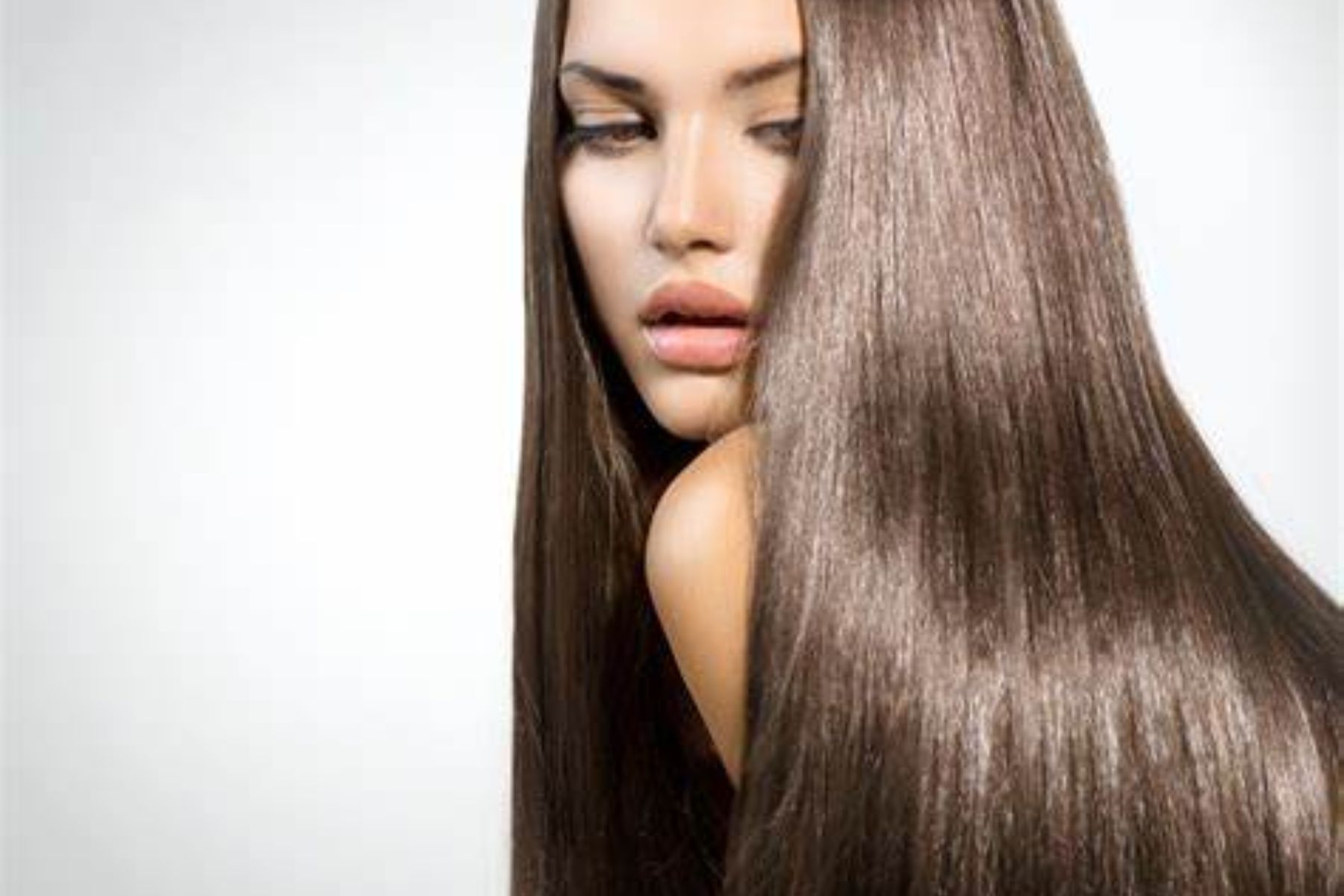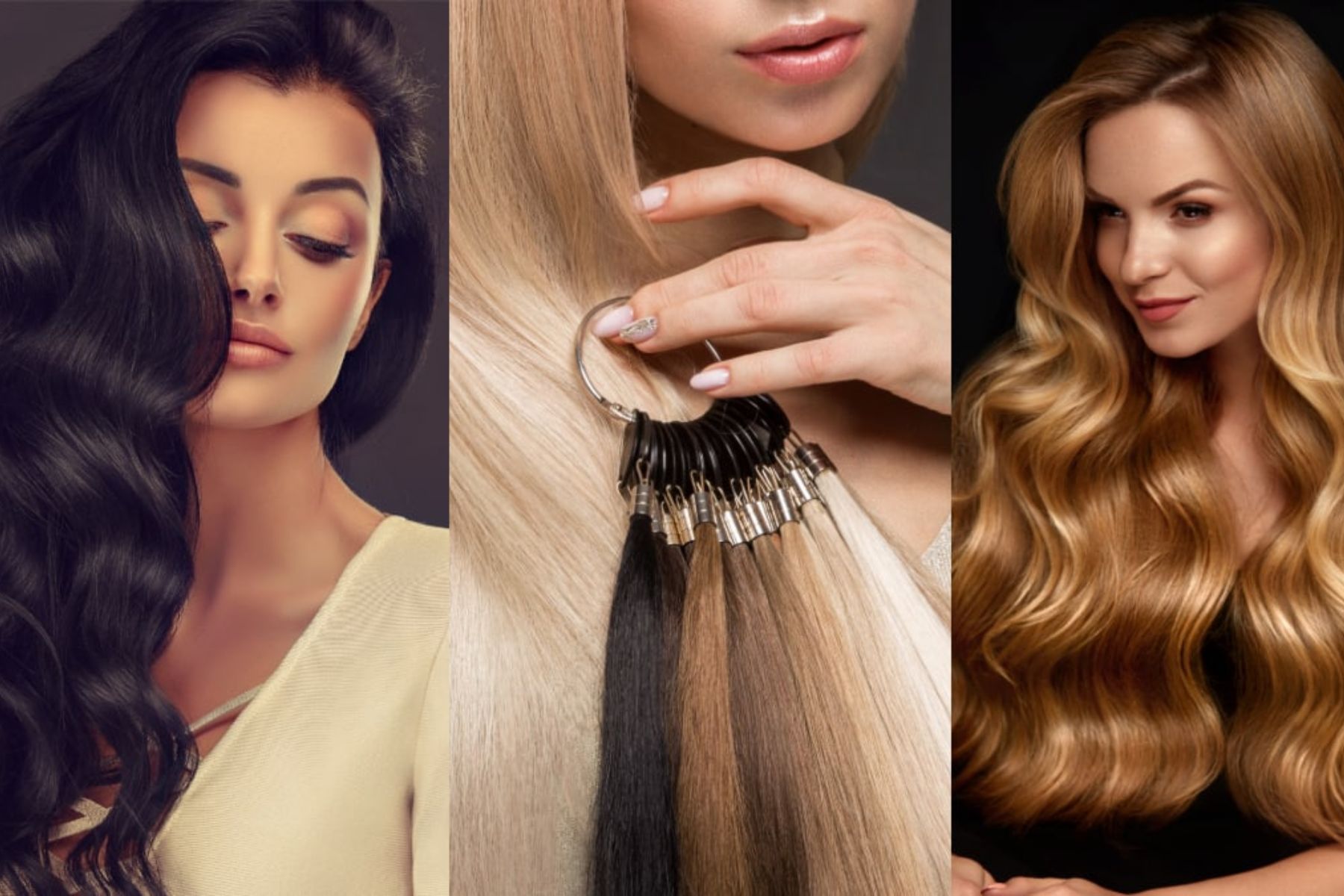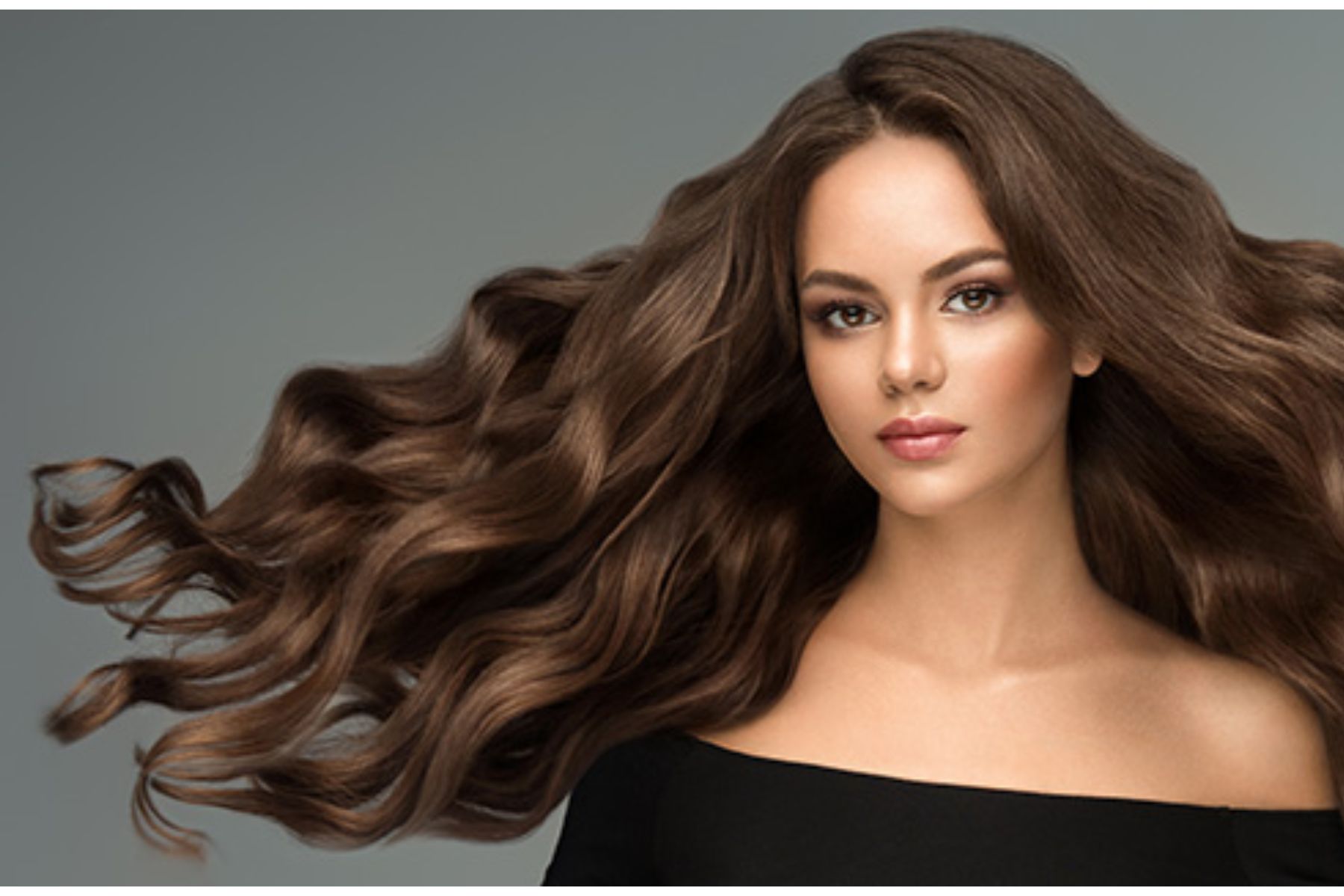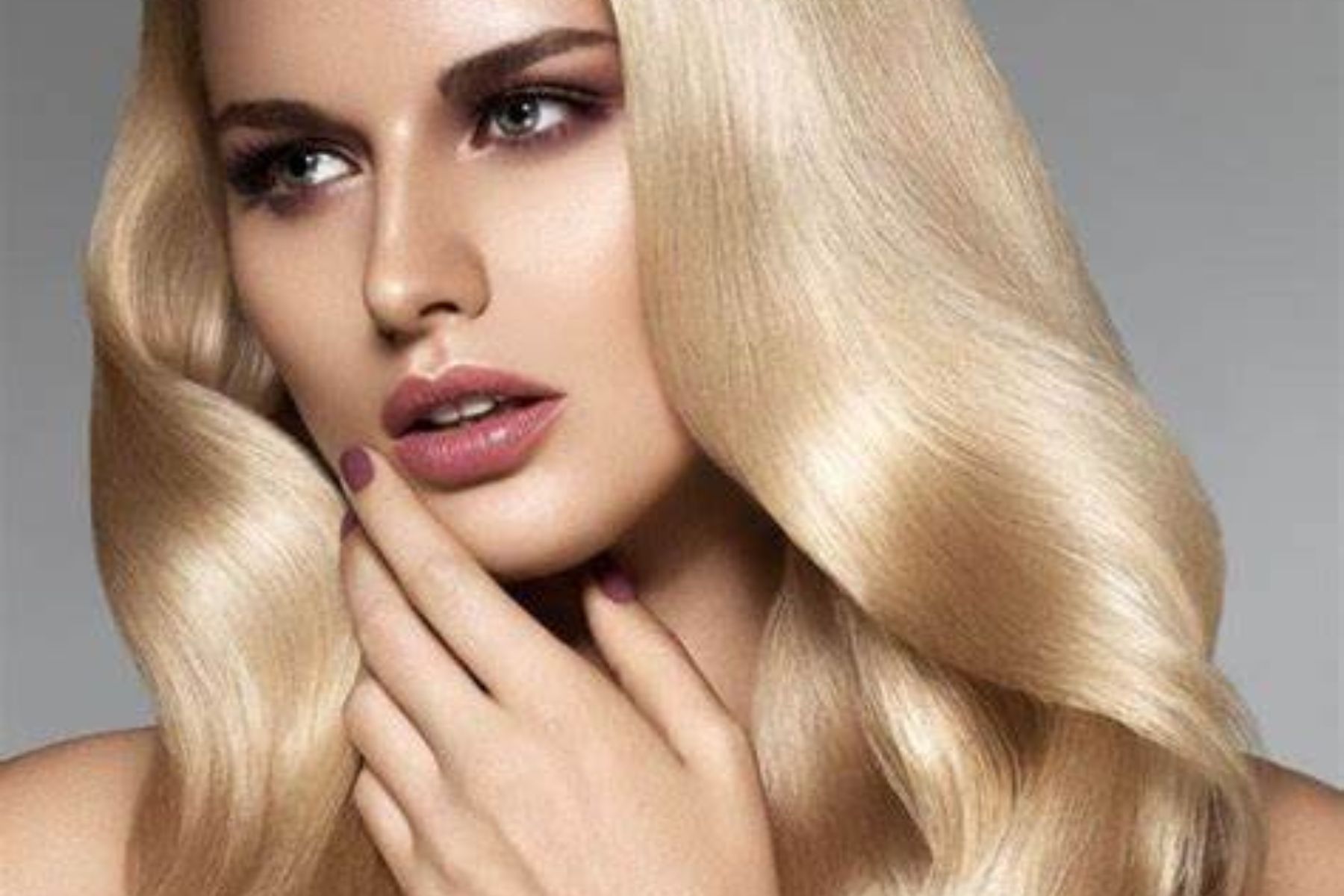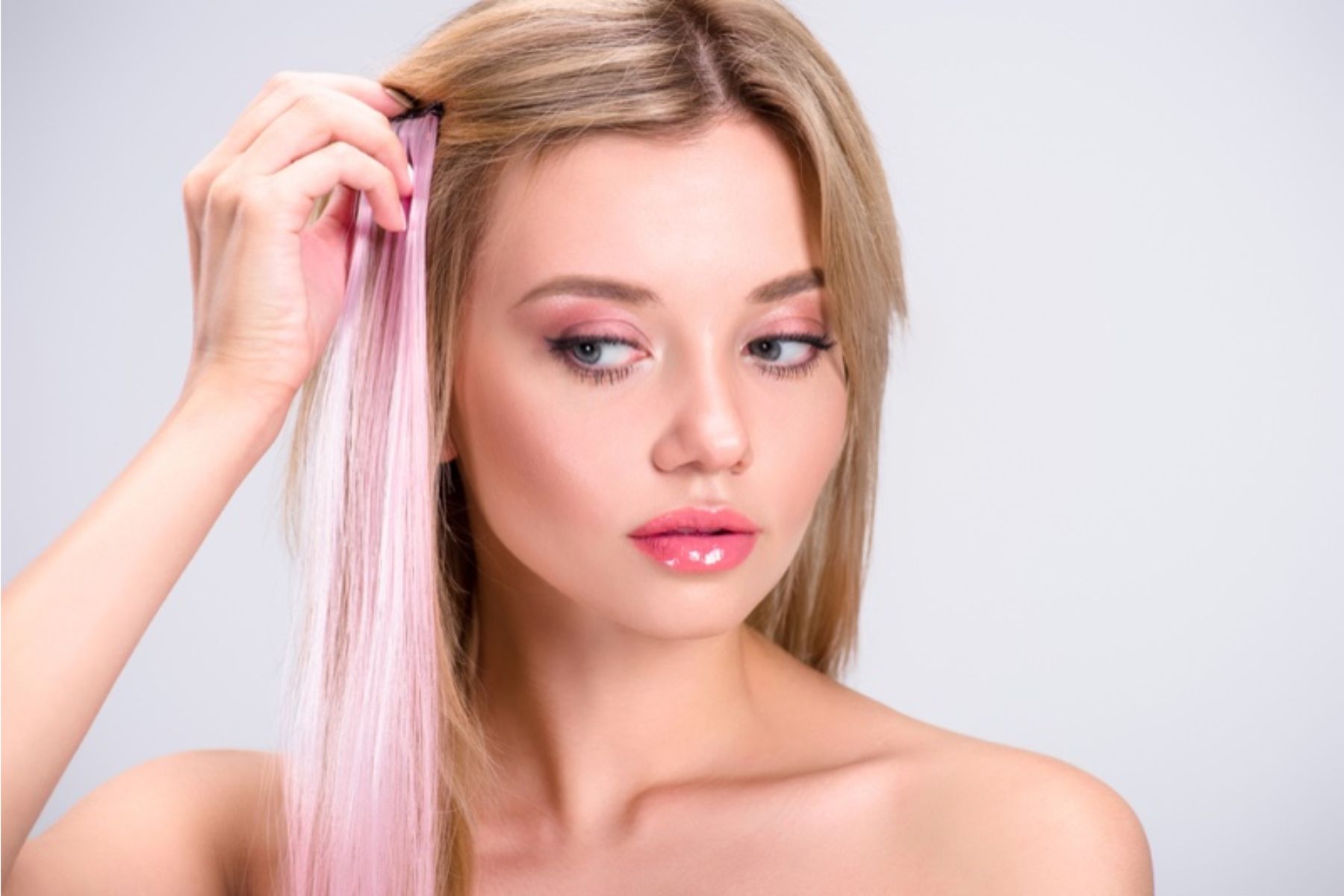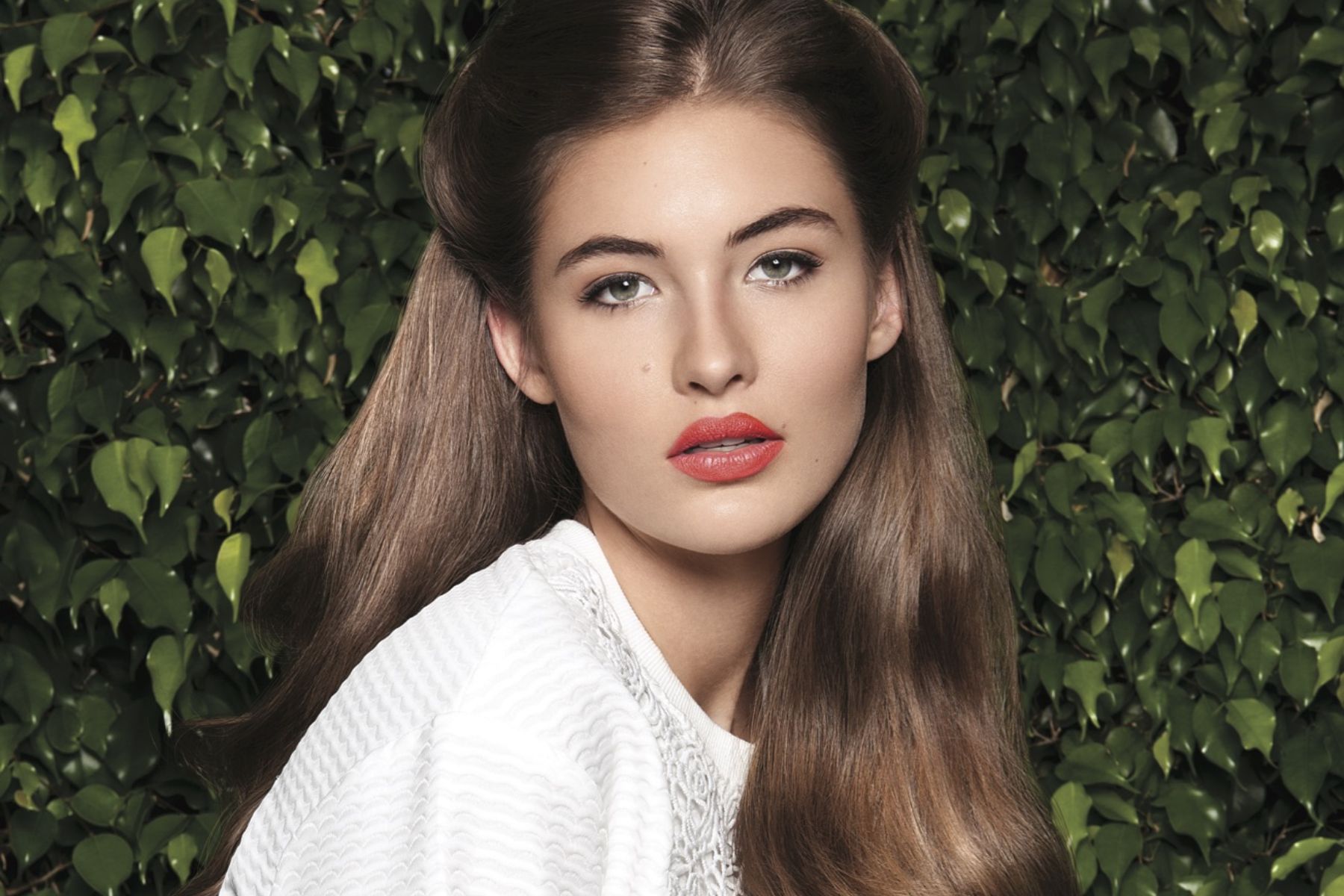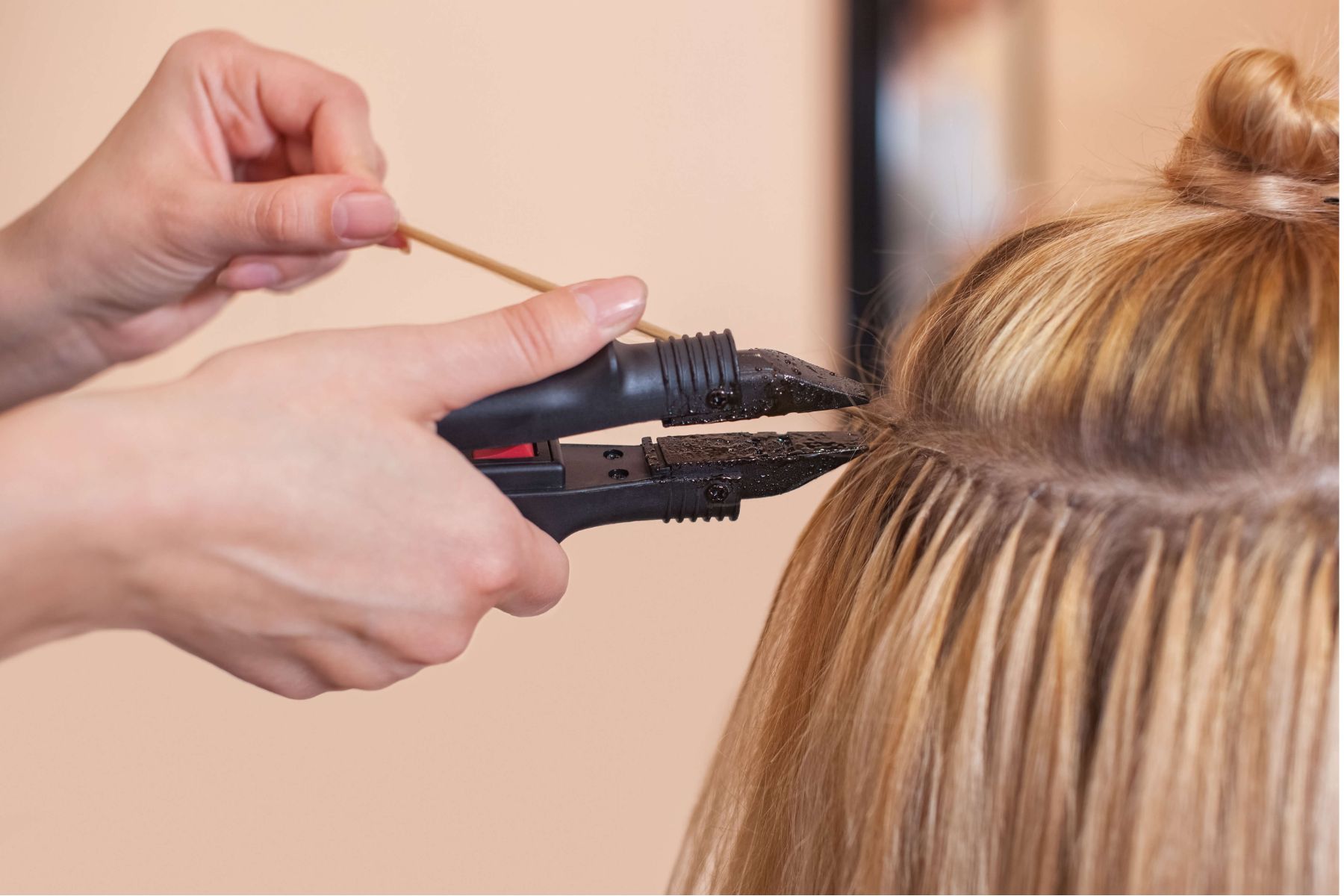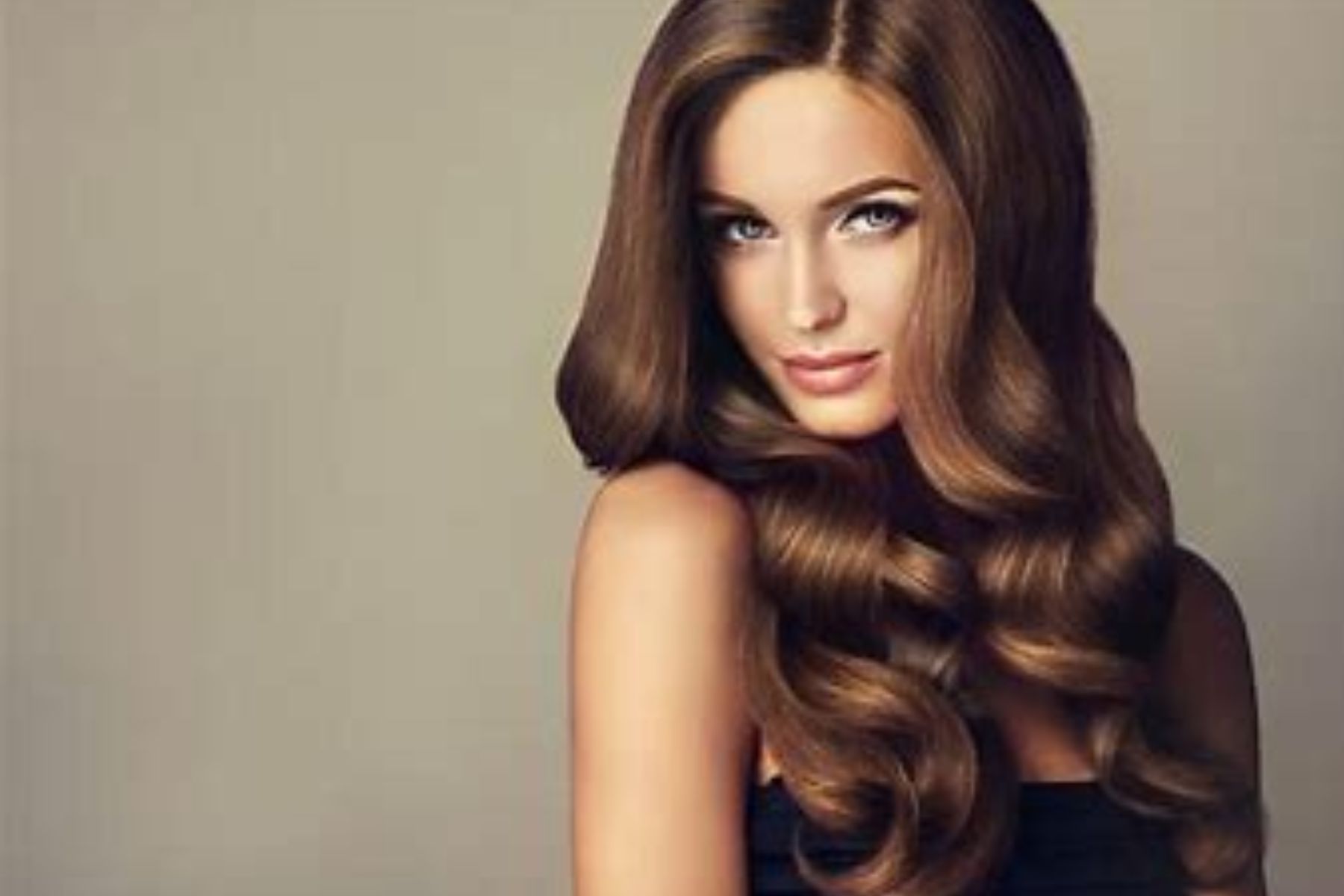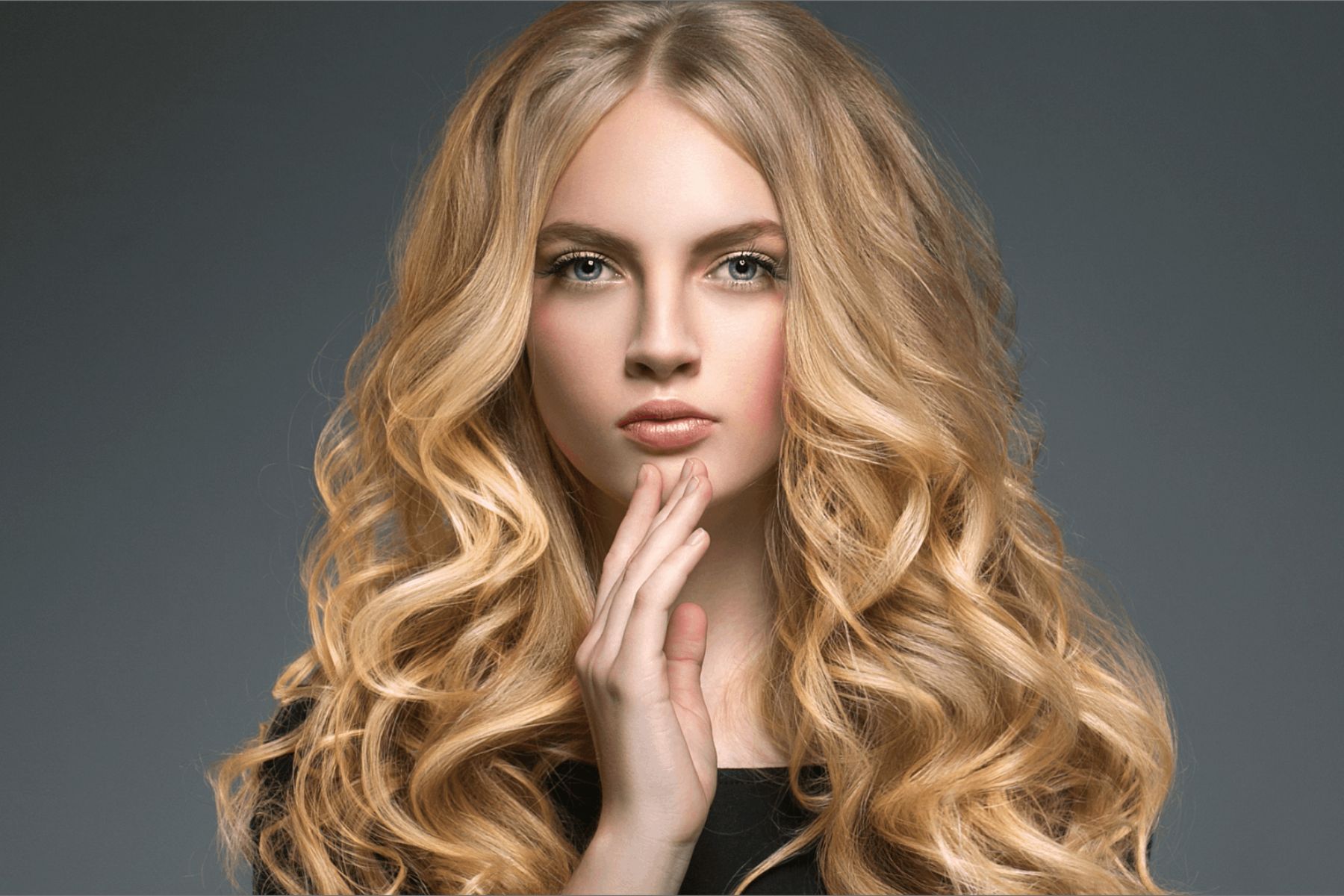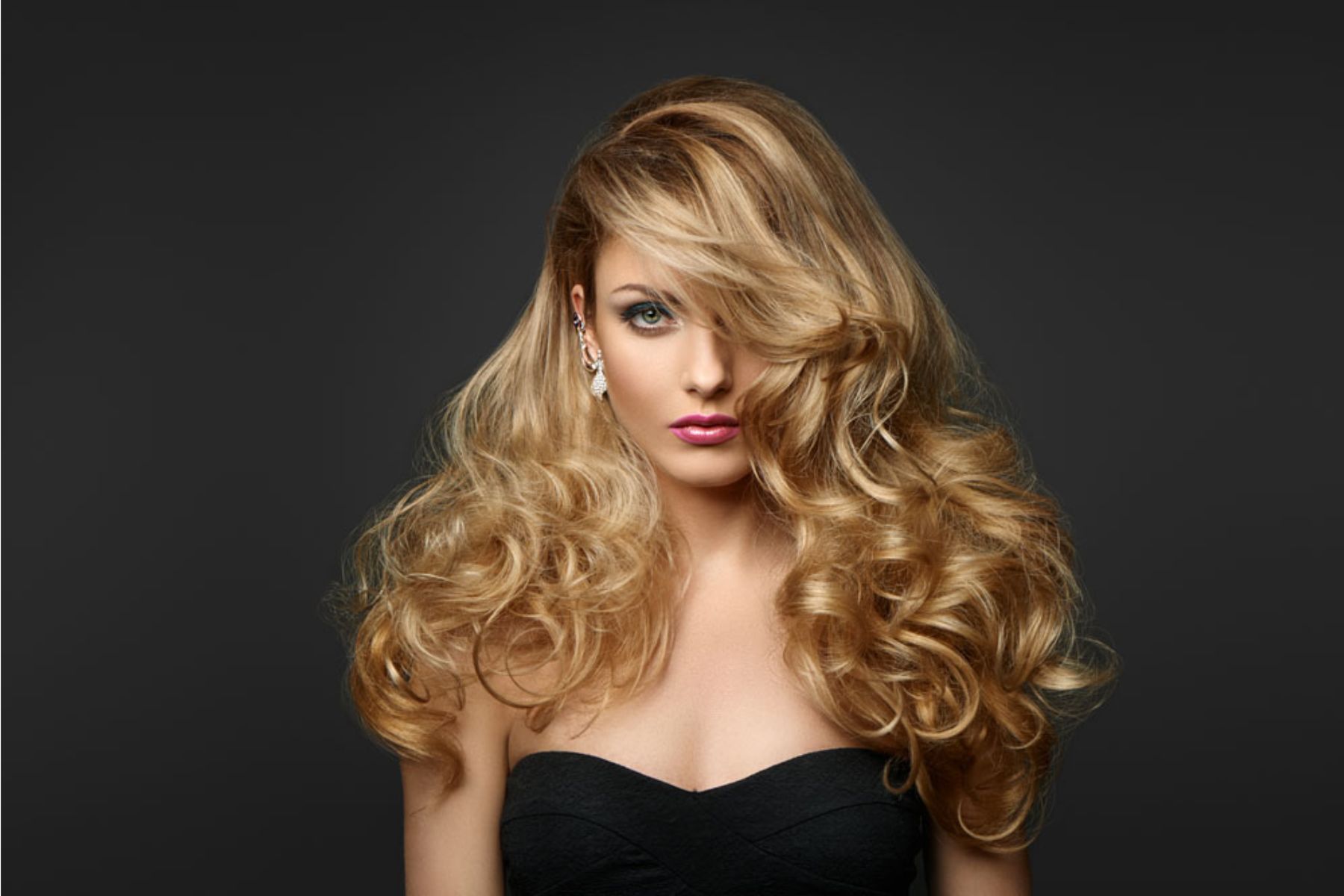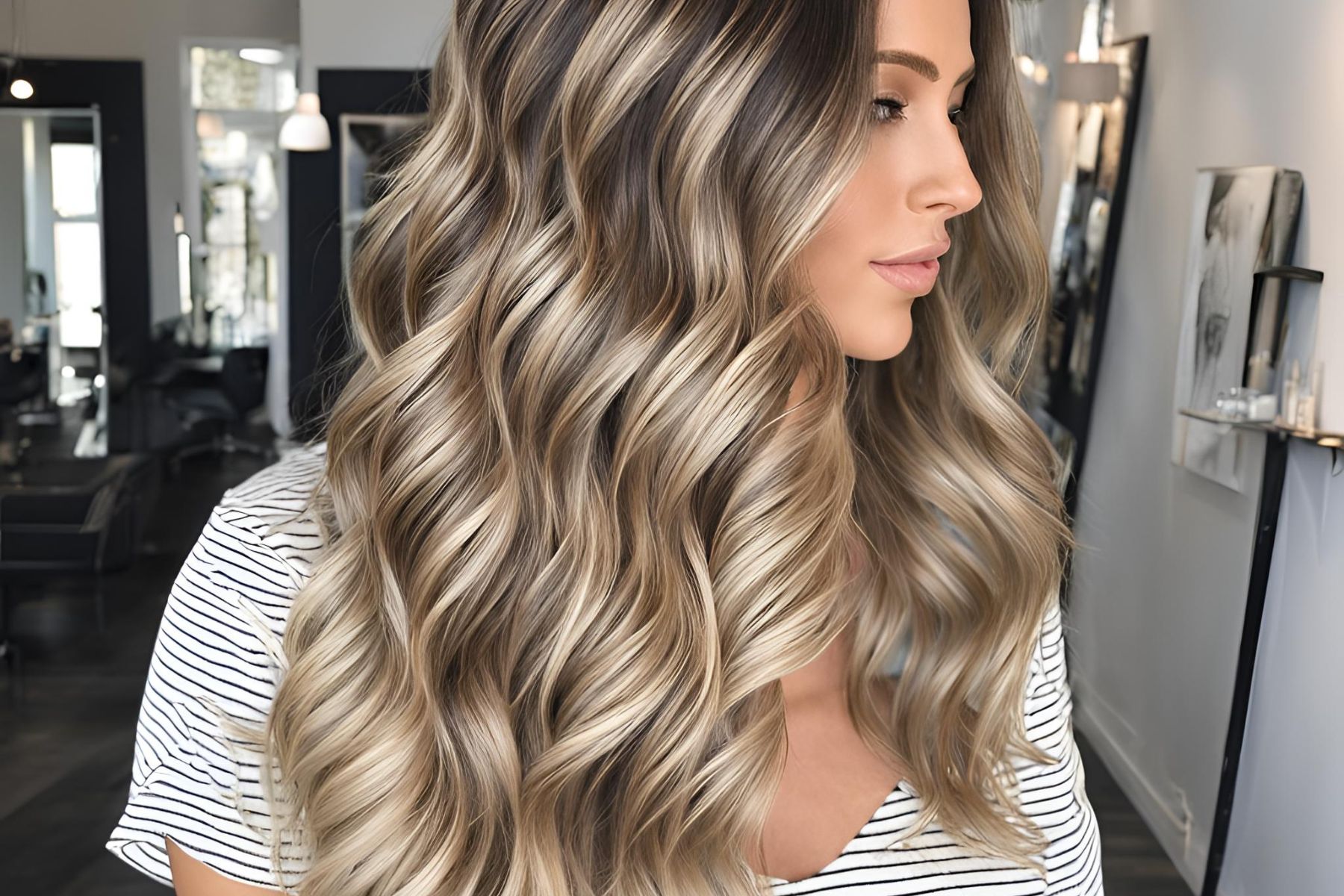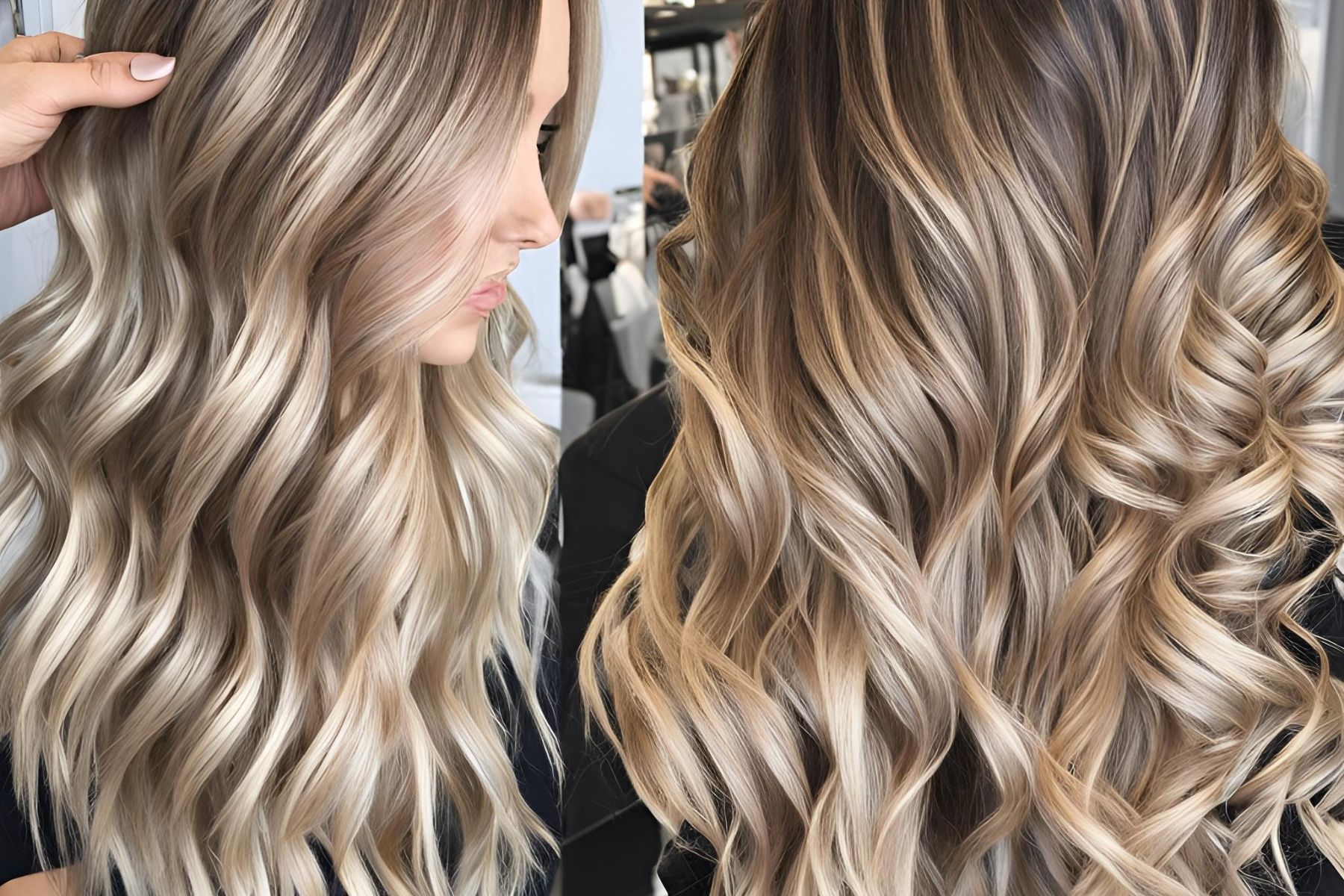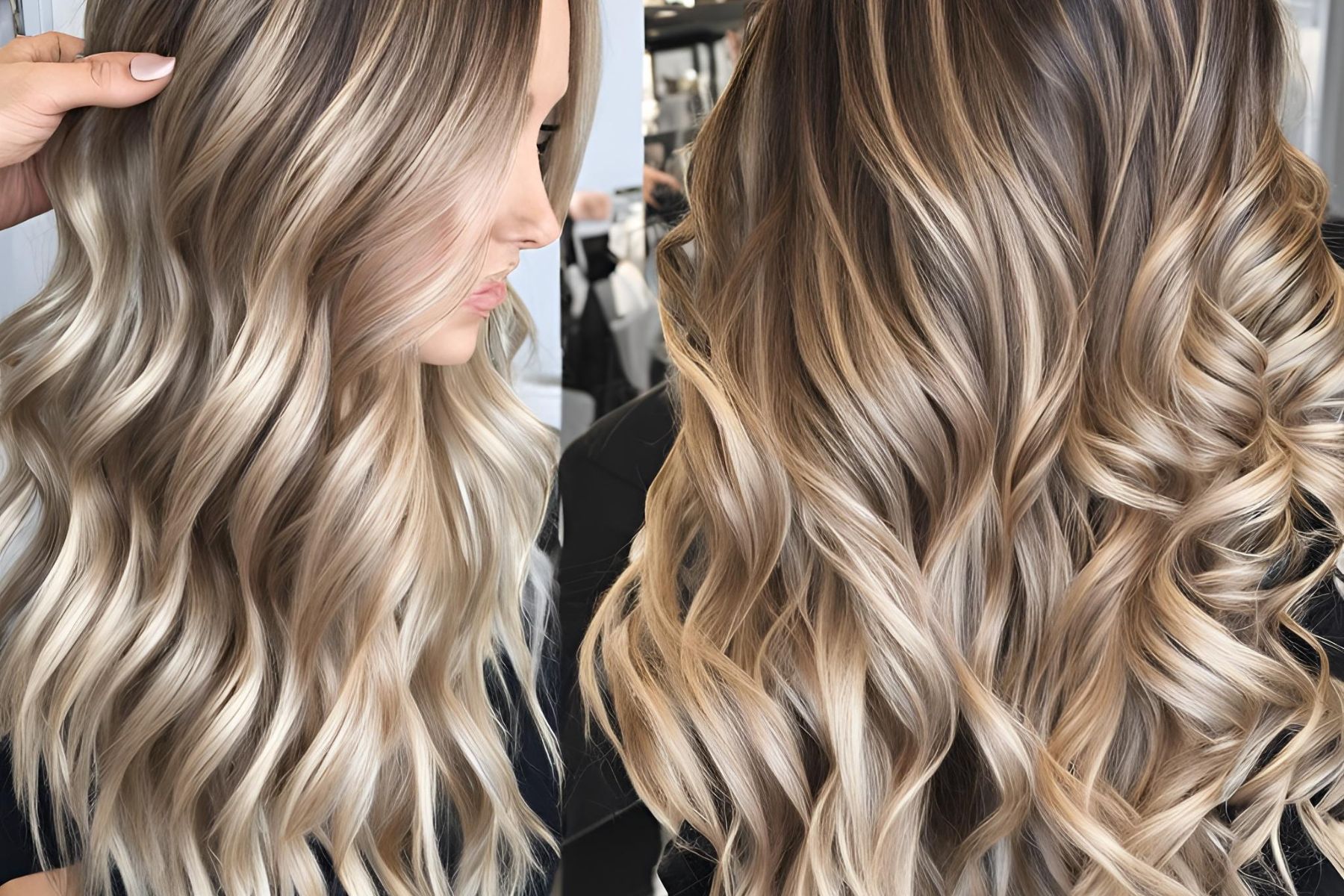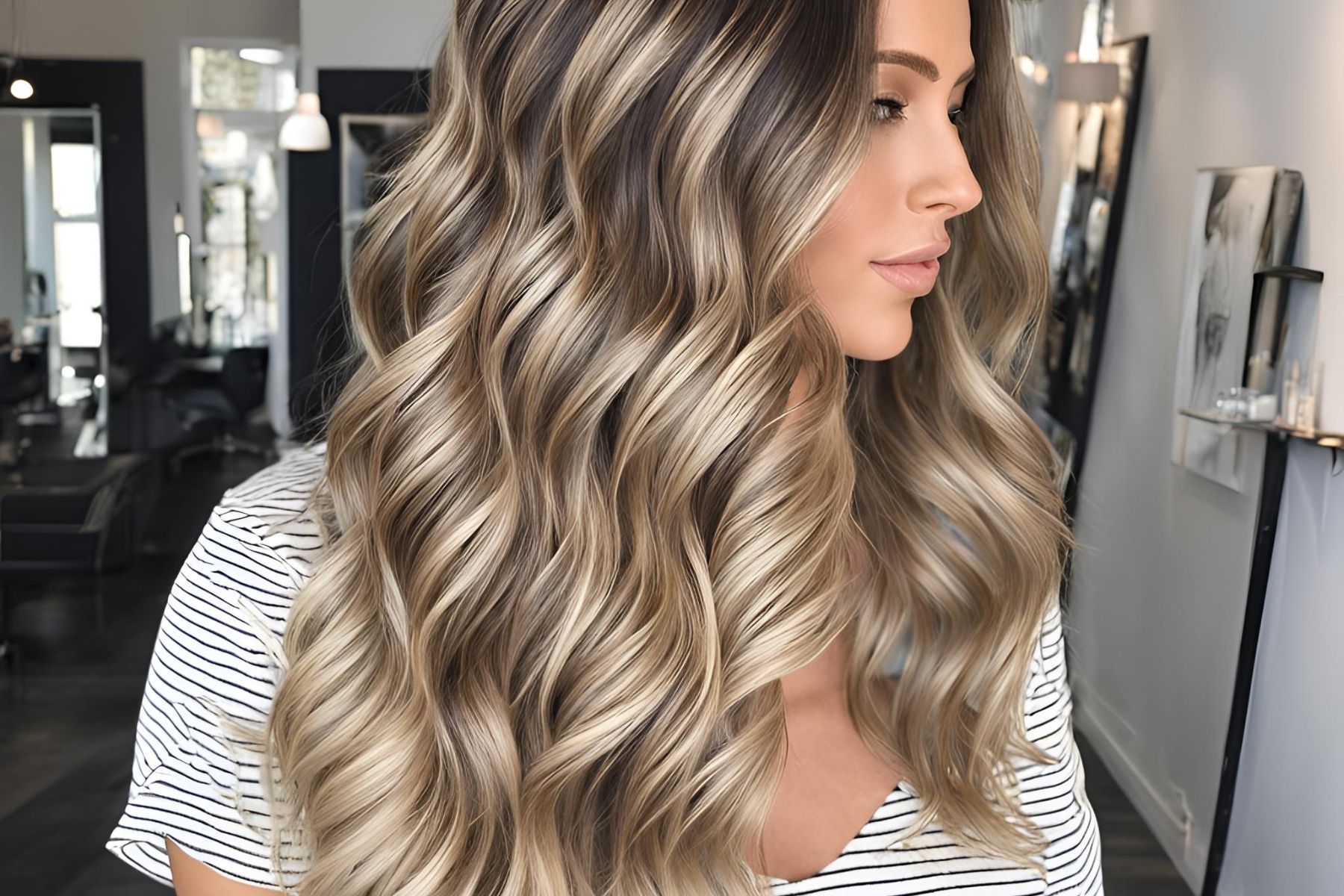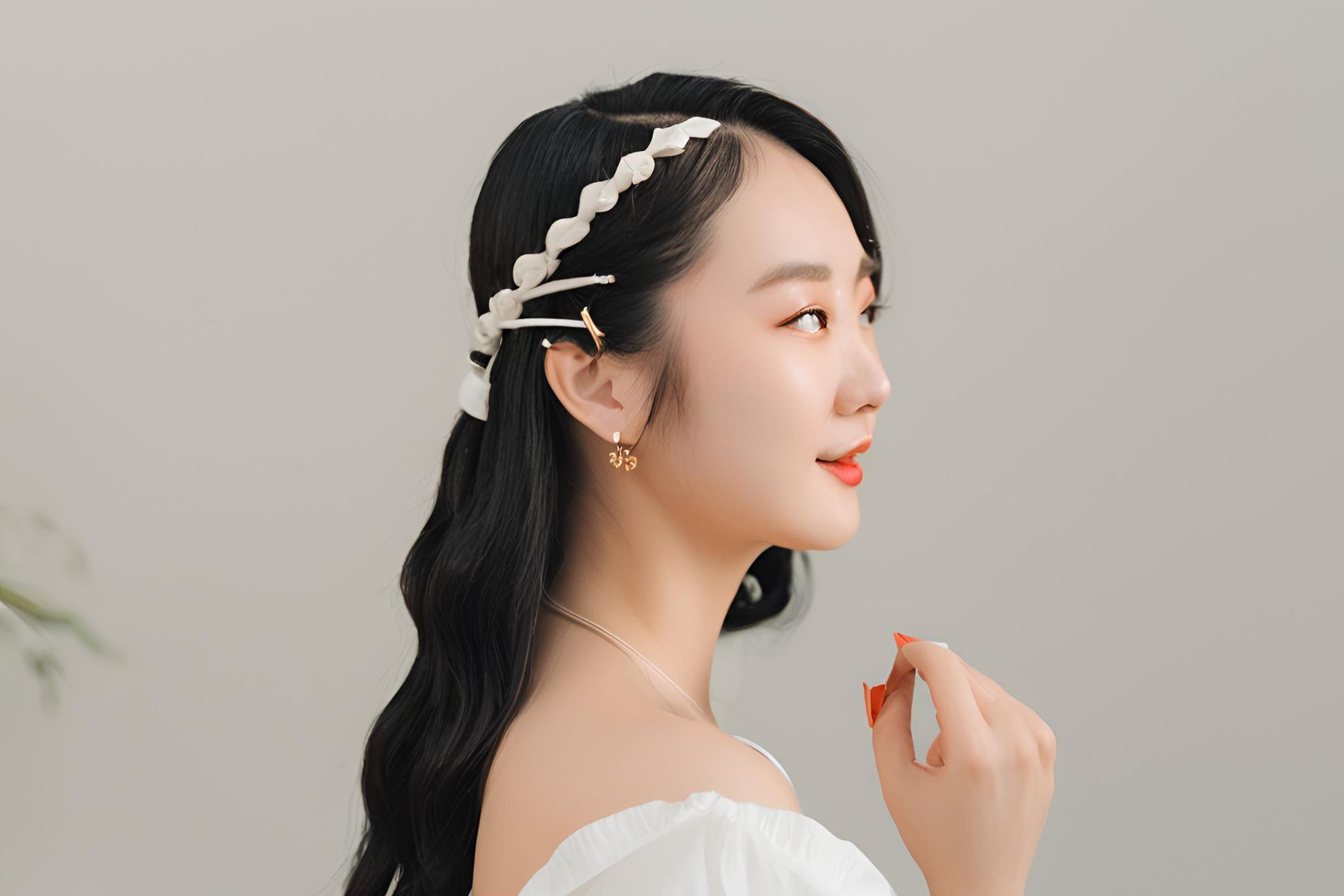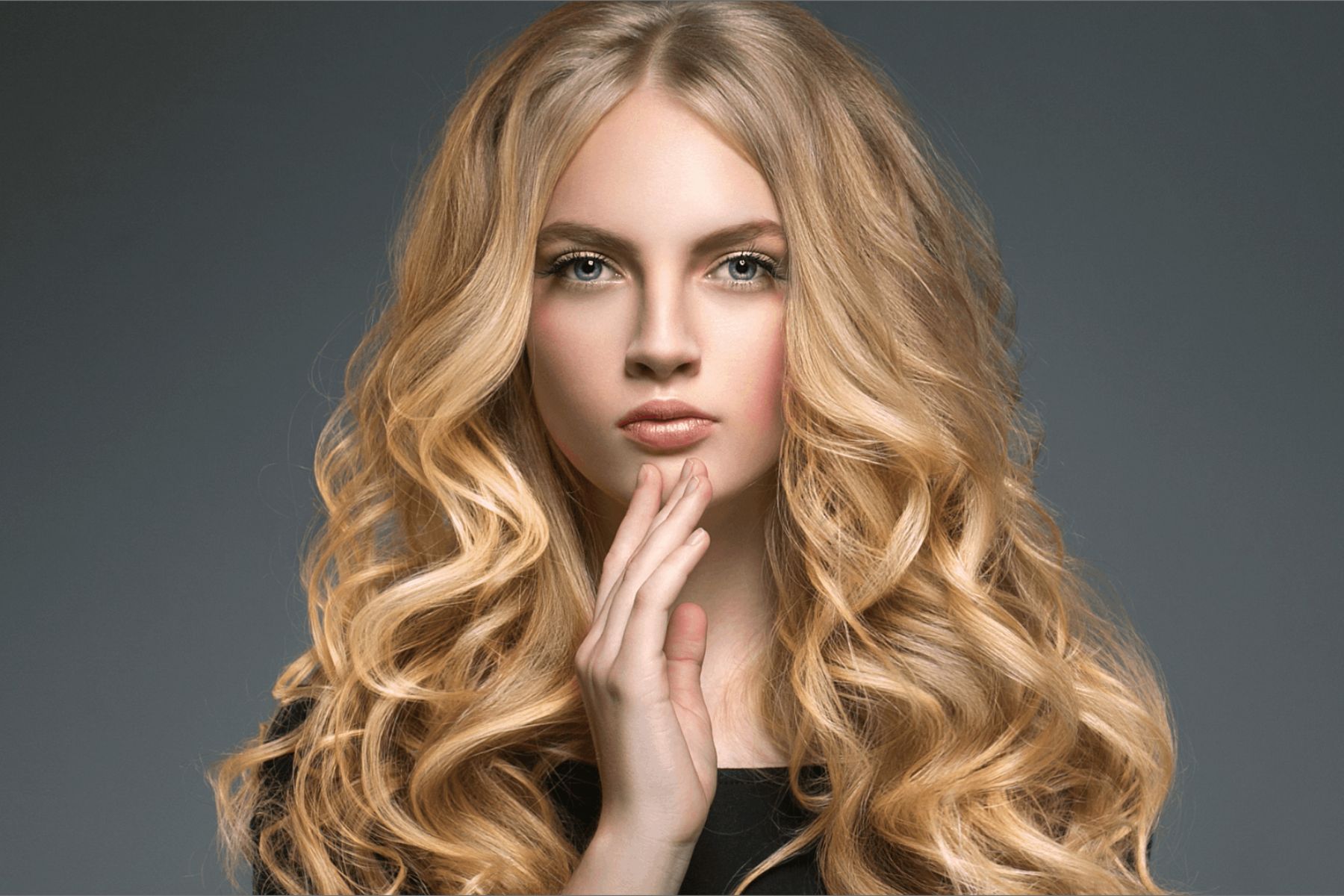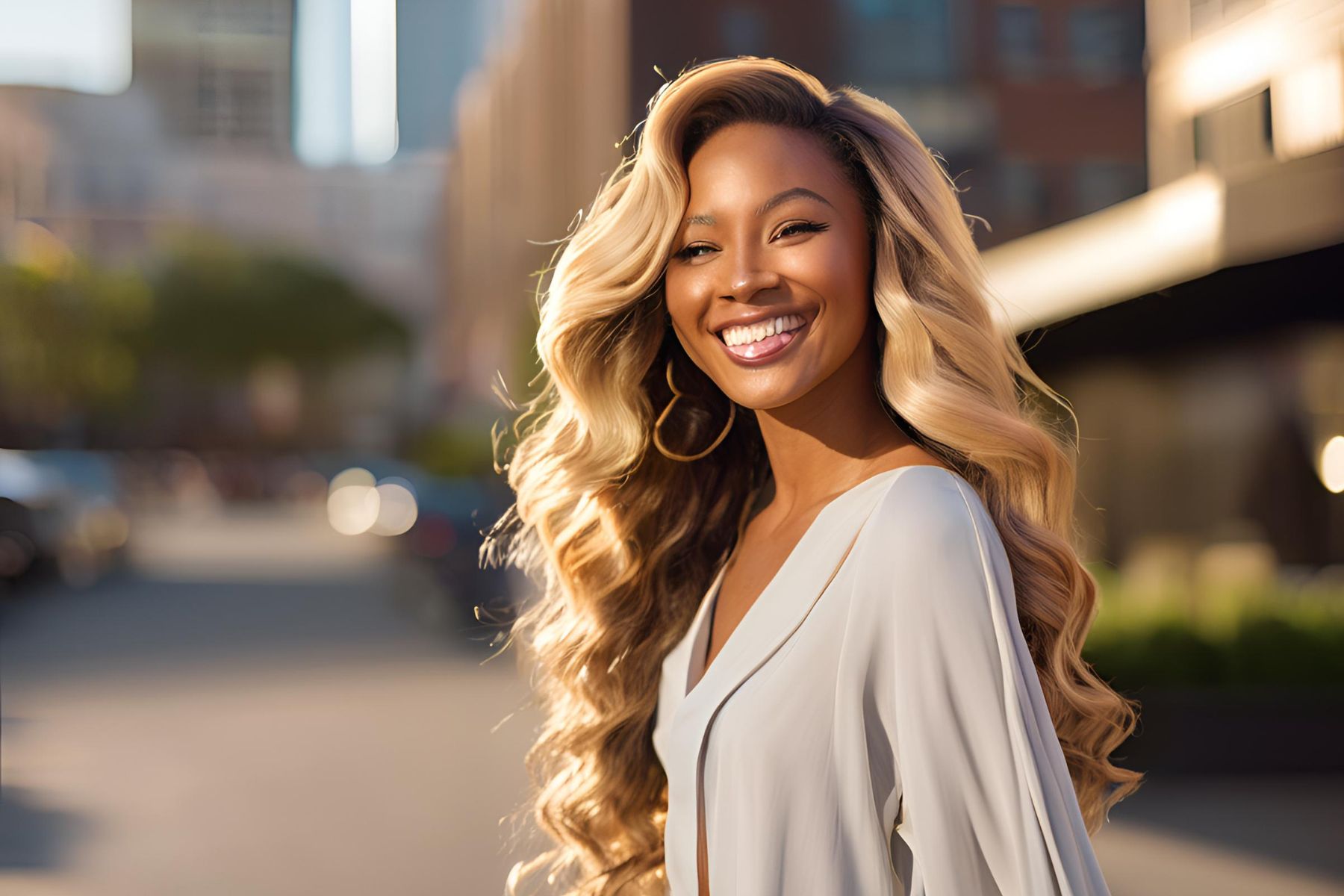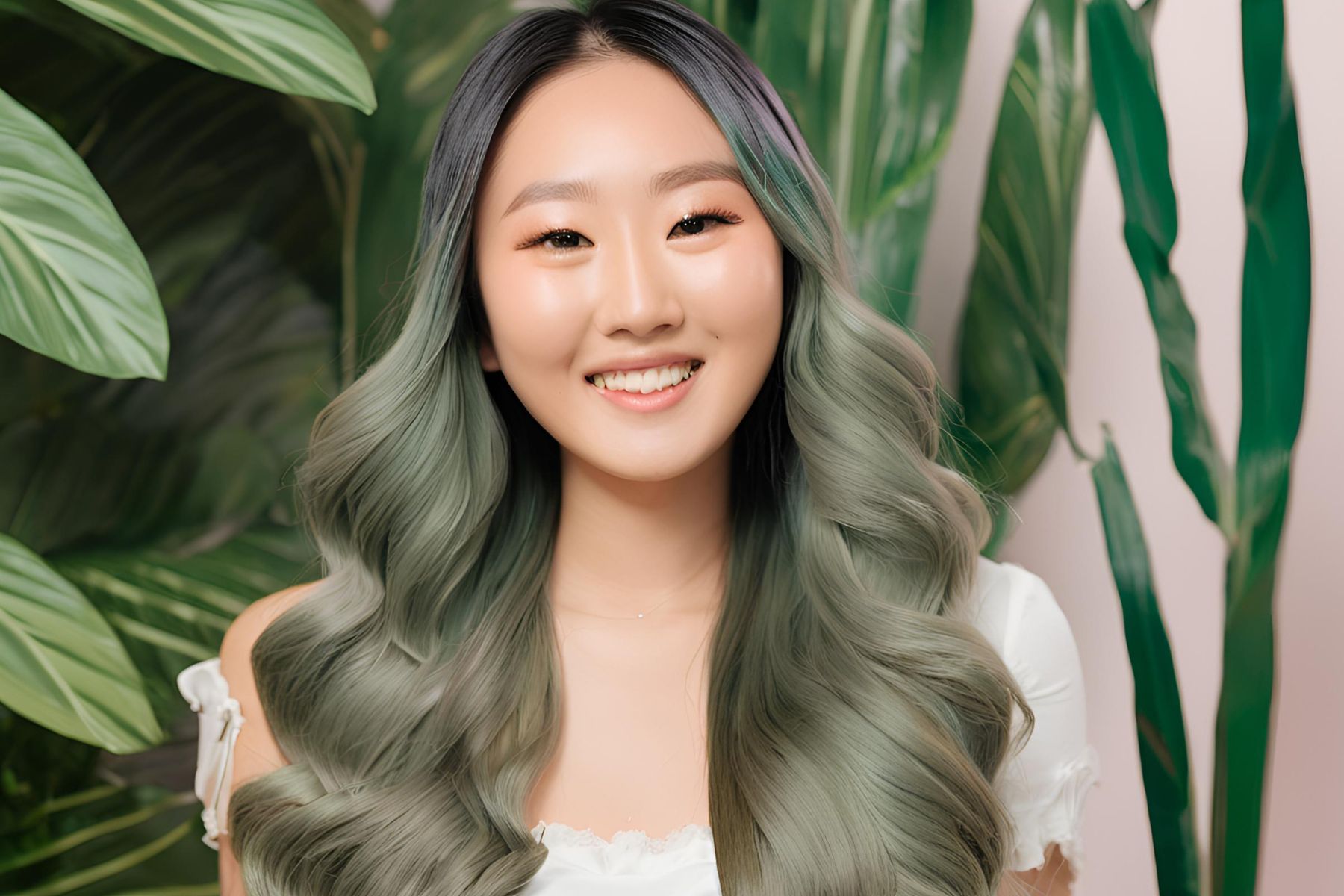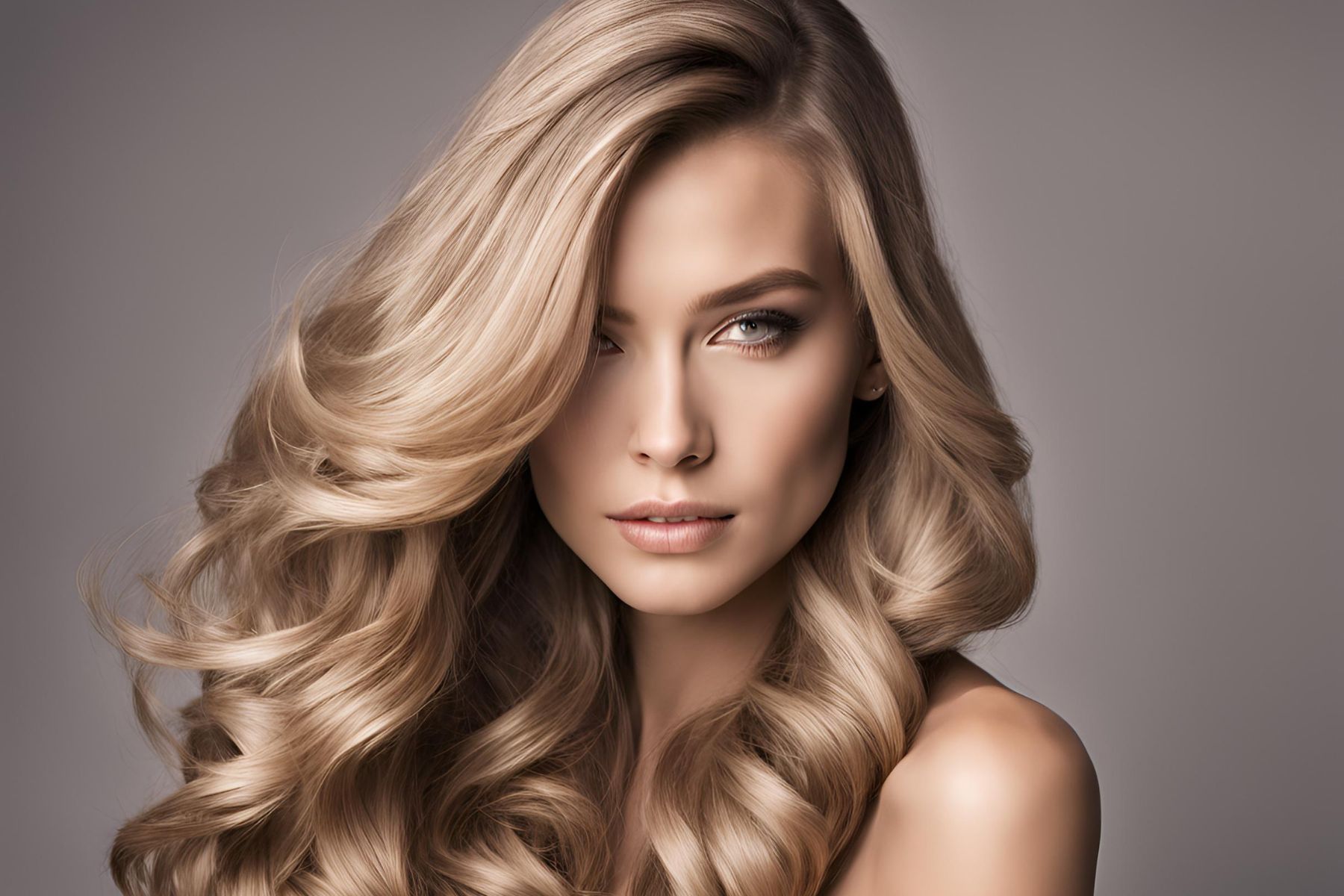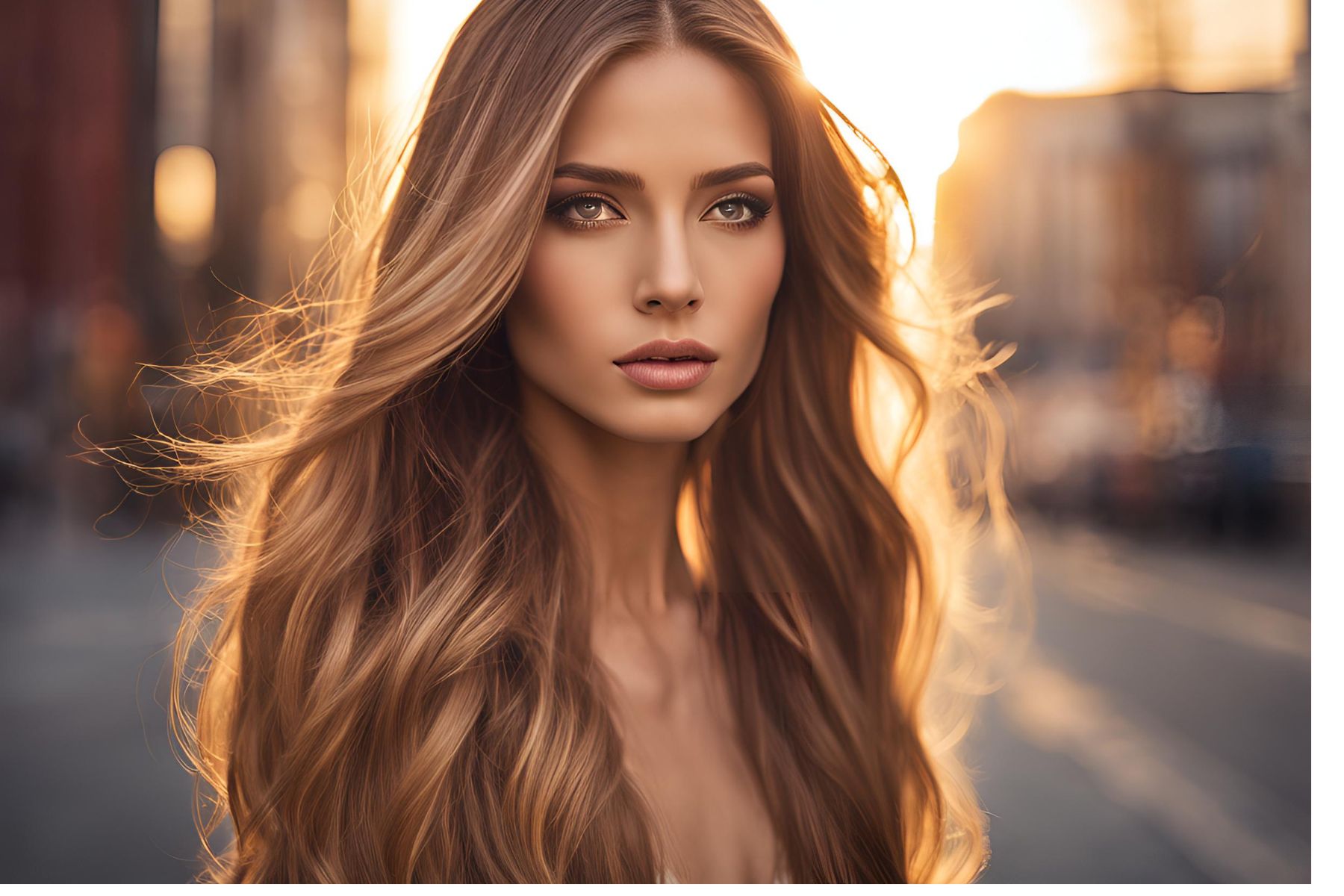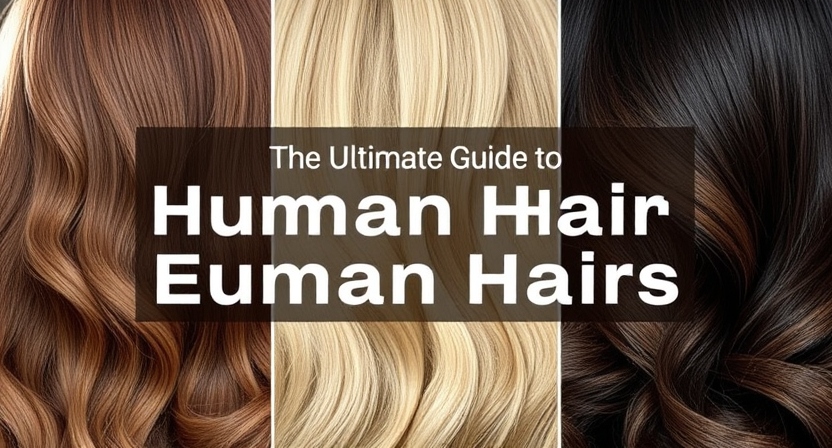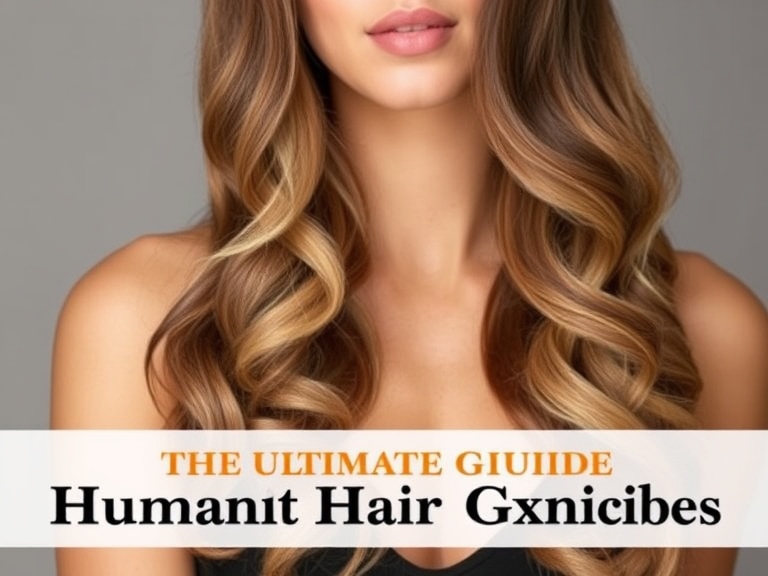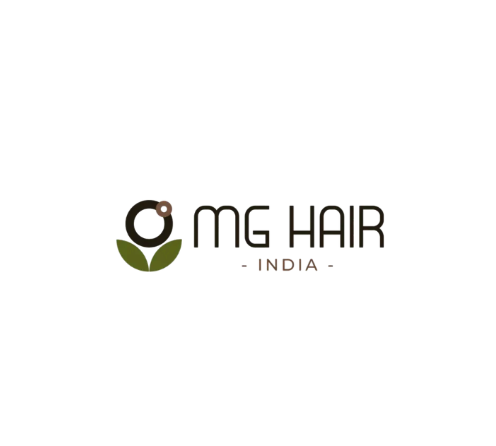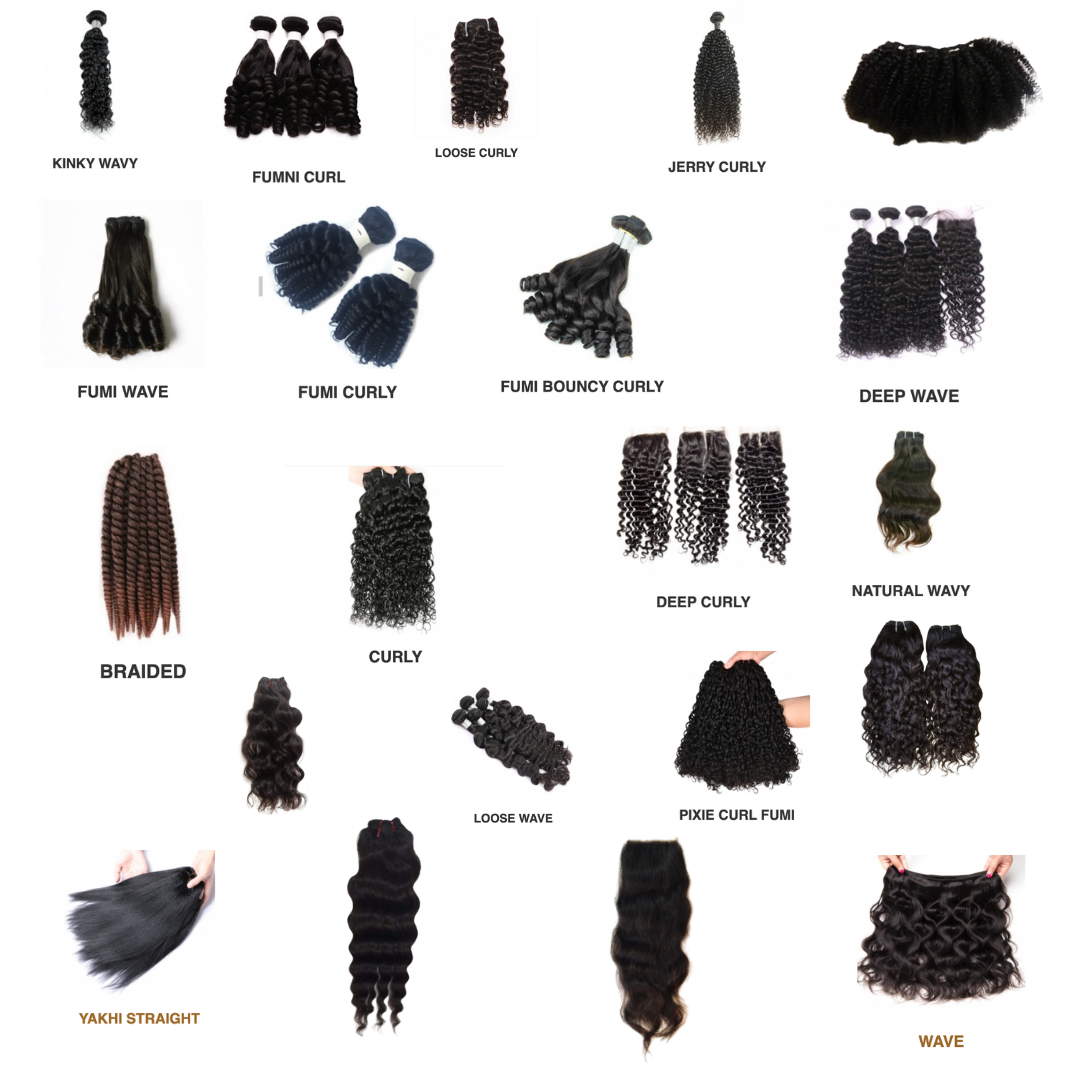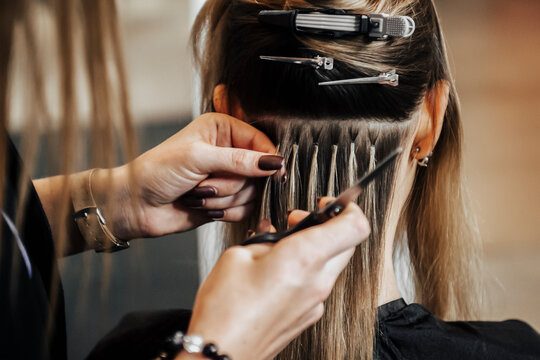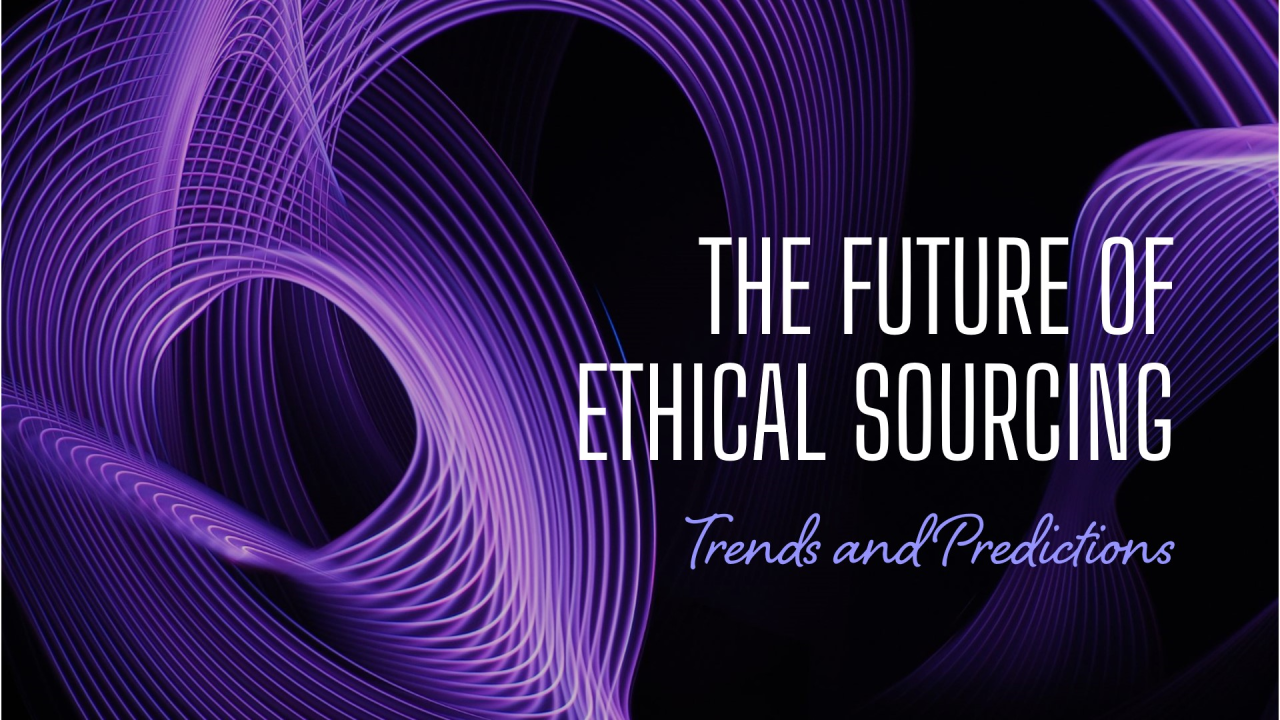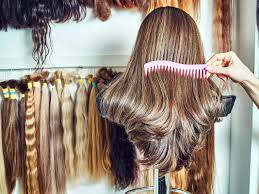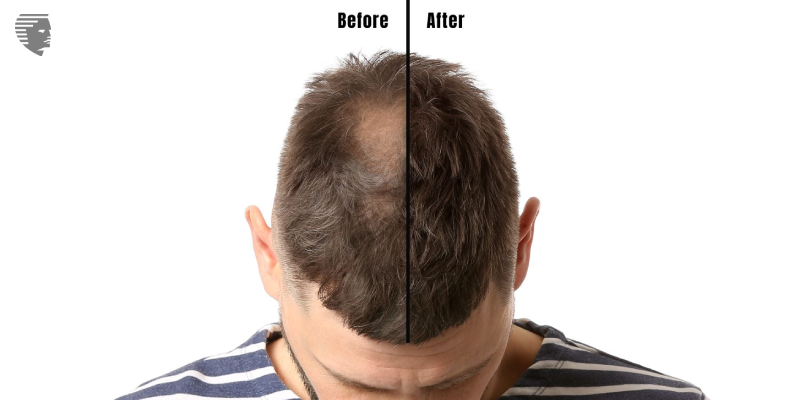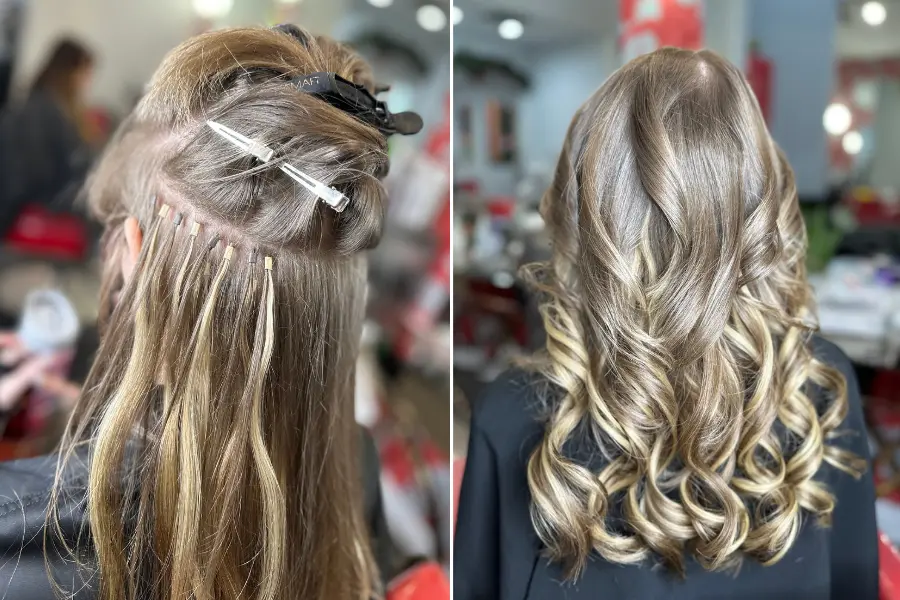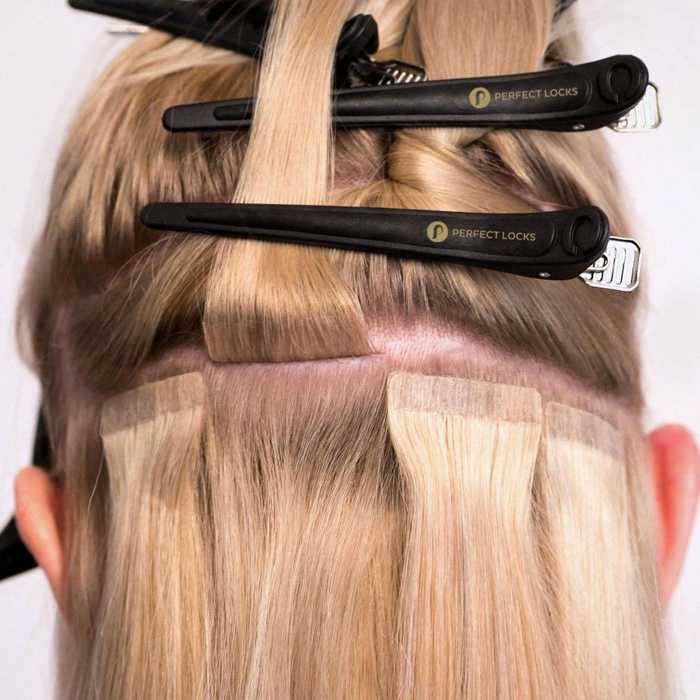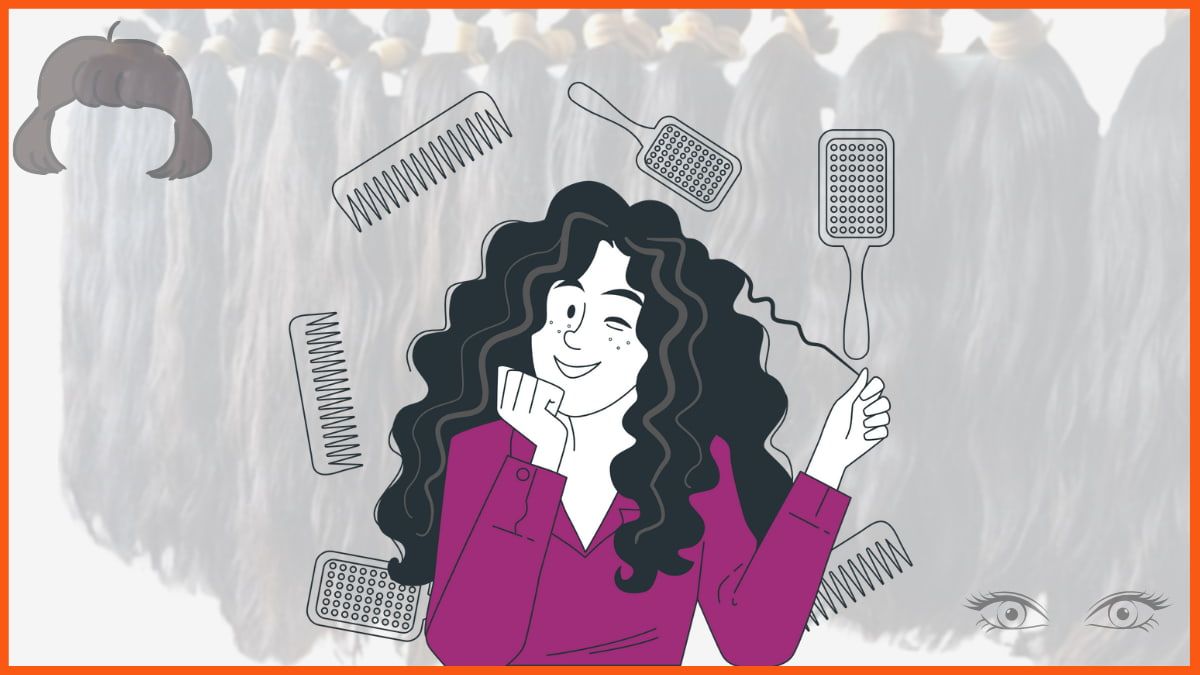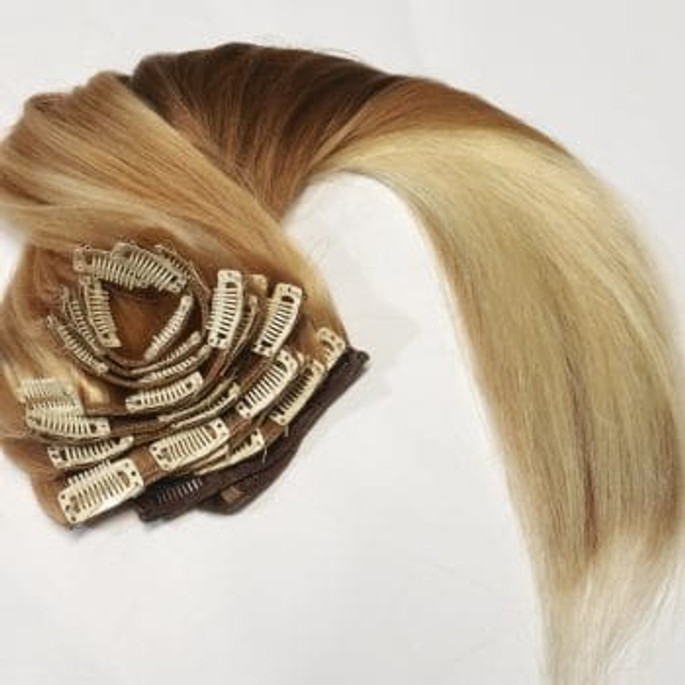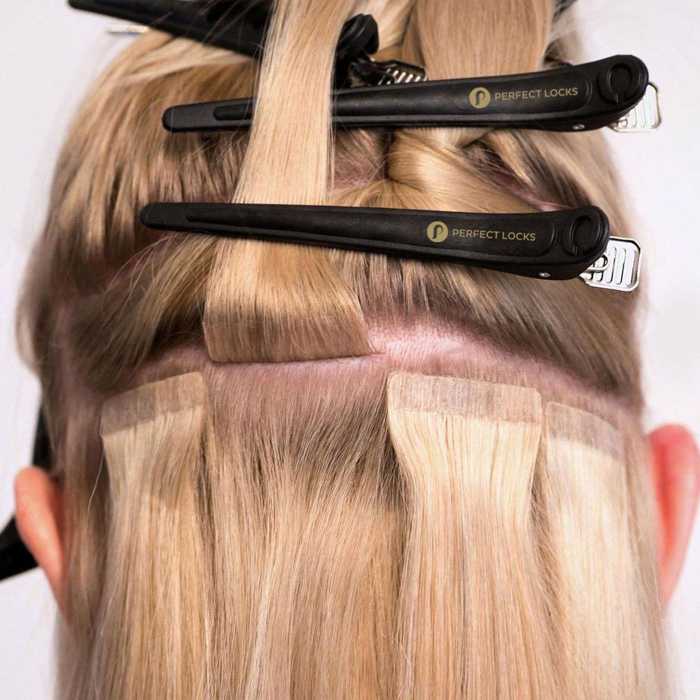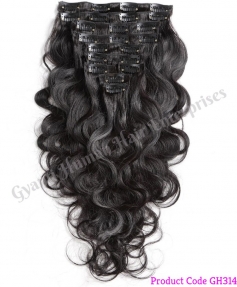Human hair is a sought-after raw material in the beauty industry, particularly for hair extensions, wigs, and other hair-related products. However, not all human hair is created equal. Understanding the different types of human hair, such as Remy, Virgin, and Non-Remy, is crucial for wholesalers and suppliers to provide their customers with high-quality products.
Remy Hair
Remy hair is considered the gold standard in the human hair market. It is characterized by its cuticles (the outermost layer of the hair shaft) remaining intact and aligned in the same direction, from root to tip. This alignment helps to prevent tangling and matting, ensuring that the hair maintains its natural luster and smoothness.
Key characteristics of Remy hair:
- Intact cuticles: The cuticles are aligned in the same direction, preventing tangling.
- Natural luster: The hair retains its natural shine and softness.
- Minimal shedding: The cuticles being aligned reduce shedding.
- Higher quality: Remy hair is generally considered to be of higher quality than Non-Remy hair.
Types of Remy hair:
- Raw Remy hair: This is the most premium type of Remy hair, obtained directly from donors without any chemical processing.
- Processed Remy hair: This type of Remy hair has undergone minimal processing, such as dyeing or bleaching, but the cuticles remain intact.
Virgin Hair
Virgin hair is another high-quality type of human hair that has never been chemically processed. It is free from any dyes, bleaches, or other treatments. Virgin hair is often obtained from donors with long, healthy hair.
Key characteristics of Virgin hair:
- Unprocessed: The hair has never been chemically treated.
- Natural color: Virgin hair is typically in its natural color.
- High quality: Virgin hair is known for its excellent quality and durability.
Types of Virgin hair:
- Raw Virgin hair: This is the purest form of Virgin hair, obtained directly from donors without any processing.
- Processed Virgin hair: This type of Virgin hair may have undergone minimal processing, such as washing or conditioning, but it remains free from chemical treatments.
Non-Remy Hair
Non-Remy hair is the most common type of human hair used in the beauty industry. It is characterized by having cuticles that are not aligned in the same direction, often resulting in tangling, matting, and shedding.
Key characteristics of Non-Remy hair:
- Mixed cuticles: The cuticles are not aligned in the same direction.
- Tangling and matting: The hair is prone to tangling and matting.
- Shedding: Non-Remy hair often sheds more than Remy or Virgin hair.
- Lower quality: Non-Remy hair is generally considered to be of lower quality than Remy or Virgin hair.
Types of Non-Remy hair:
- Remy-like hair: This is a type of Non-Remy hair that is processed to mimic the characteristics of Remy hair. However, it does not have the same quality or durability.
- Chemical processed hair: This type of Non-Remy hair has undergone extensive chemical processing, such as dyeing or bleaching, which can damage the hair and reduce its lifespan.
Factors to Consider When Choosing Human Hair
When selecting human hair for your business, it's important to consider the following factors:
- Quality: The quality of the hair will determine its durability, appearance, and overall performance.
- Type: Remy, Virgin, or Non-Remy hair each have their own unique characteristics and benefits.
- Grade: Human hair is often graded based on its quality, length, and thickness.
- Color: The natural color of the hair will influence its versatility and dyeing options.
- Texture: The texture of the hair, such as straight, wavy, or curly, will determine its suitability for different styles.
- Source: Knowing the source of the hair can provide insights into its quality and ethical sourcing practices.
Ethical Sourcing and Sustainability
In recent years, there has been a growing emphasis on ethical sourcing and sustainability in the beauty industry. Wholesalers and suppliers should prioritize sourcing human hair from ethical sources that adhere to fair labor practices and environmental standards.
Key considerations for ethical sourcing:
- Fair labor practices: Ensure that the hair is obtained from donors who are treated fairly and compensated appropriately.
- Environmental sustainability: Support suppliers who prioritize sustainable practices, such as reducing water consumption and minimizing waste.
- Ethical certification: Look for certifications or labels that indicate the hair is sourced ethically, such as Fair Trade or Global Organic Textile Standard (GOTS).
Conclusion
Understanding the different types of human hair, including Remy, Virgin, and Non-Remy, is essential for wholesalers and suppliers to provide their customers with high-quality products. By considering factors such as quality, type, grade, color, texture, and source, you can make informed decisions and offer a wide range of options to meet the diverse needs of your customers. Additionally, prioritizing ethical sourcing and sustainability will help to ensure that your business contributes to a more responsible and sustainable beauty industry.
Related Blog

